The recipients are:
|
 |
|
|
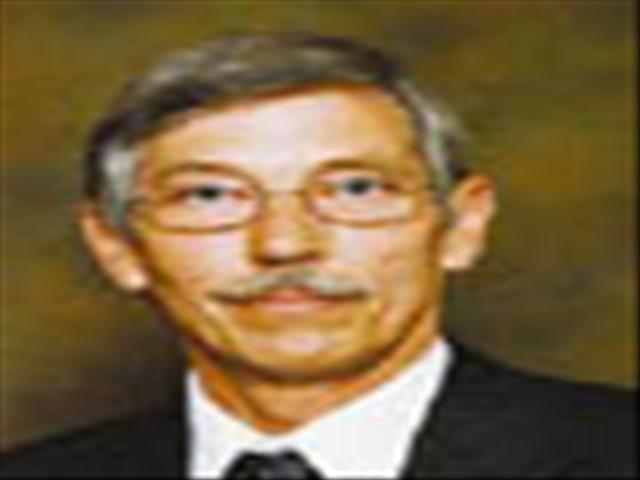
Mr. ET Altona
|
For his central role in establishing, developing and modernising the UFS’s computer systems and services, particularly the development of sophisticated customised software |
|
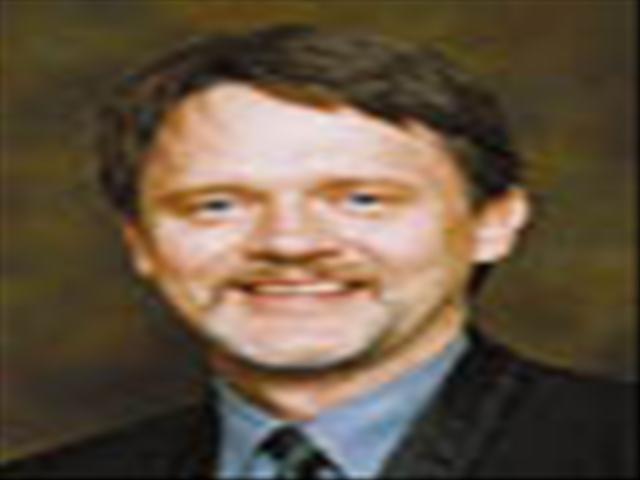
Dr. B Anderson
|
For his pioneering work and caring attitude in introducing adult learning at the UFS, recognition of prior learning as well as the BML degree which is unique in South Africa. |
|
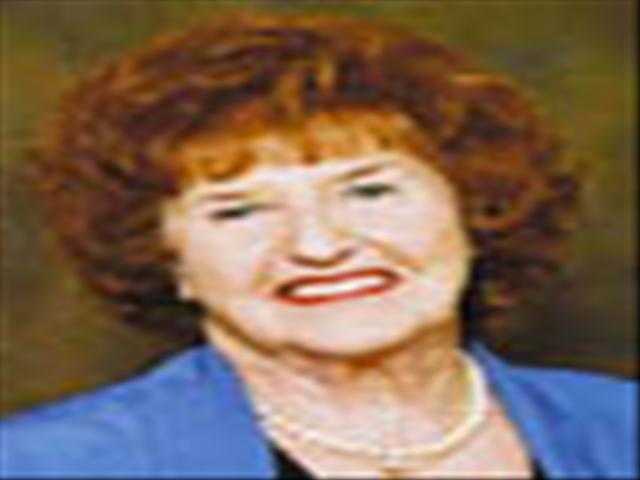
Dr. S Aronstam
|
For her pioneering role and innovative ideas in the UFS Council in respect of transformation and the rights of women and blacks in a predominantly conservative era. |
|
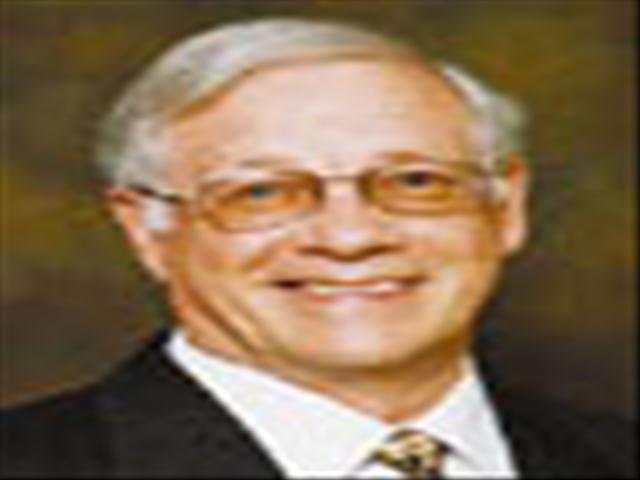
Prof. PN Badenhorst
|
For his strong role and national profile in establishing and developing Haematology as discipline at the UFS |
| Mr. NE Barnard |
For his special contribution as one of the student leaders who, with the Student Transformation Forum (STF), kept student transformation on course by means of wise compromises. |
|
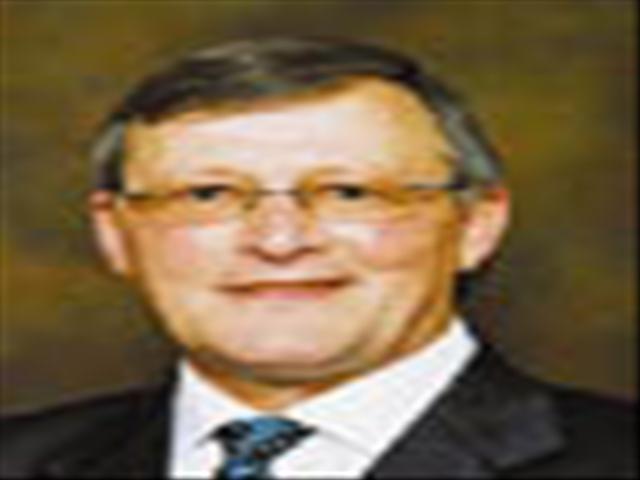
Prof. JCO Bekker
|
For his pioneering work and academic initiatives in Public Management training and special ties with state departments, foreign institutions and the Flemish government. |
|
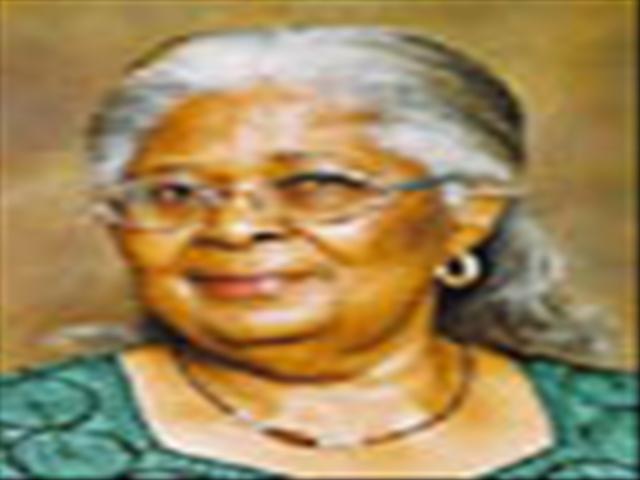
Mrs MT Bendile
|
For her pioneering work as team member in the founding of the MUCPP and the establishment of the first true partnership between the UFS, the community of Mangaung and the Free State Department of Health. |
| Prof. EG Boonstra |
For his role as scientist and Dean and his contribution as Vice-Rector, in particular to the quality of support services, as well as his community contributions to music and culture. |
|
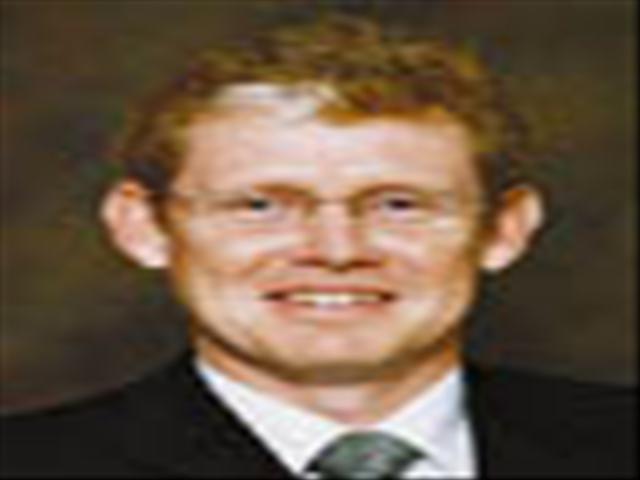
Prof. LJS Botes
|
For his large role in developing the national research profile and success of the Centre for Development Support, the Master in Development Studies as well as the development of the UFS’s community service policy. |
|
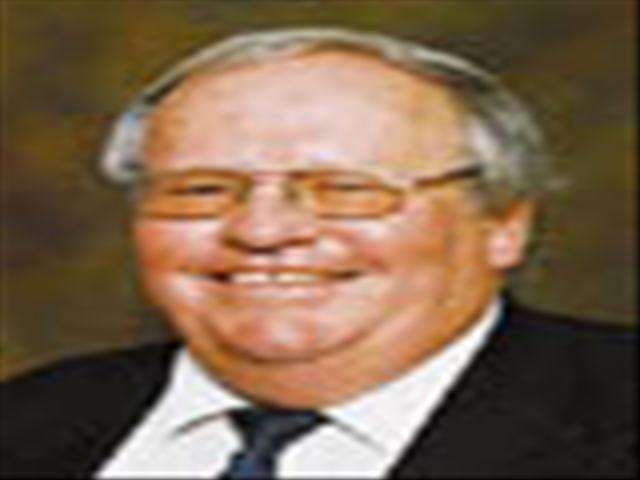
Mr. JH Botha
|
For his large role as sports administrator over a period of almost 25 years, particularly in respect of junior rugby, where he has also played a large marketing role for the UFS as one of the best-known coaches in the country |
|
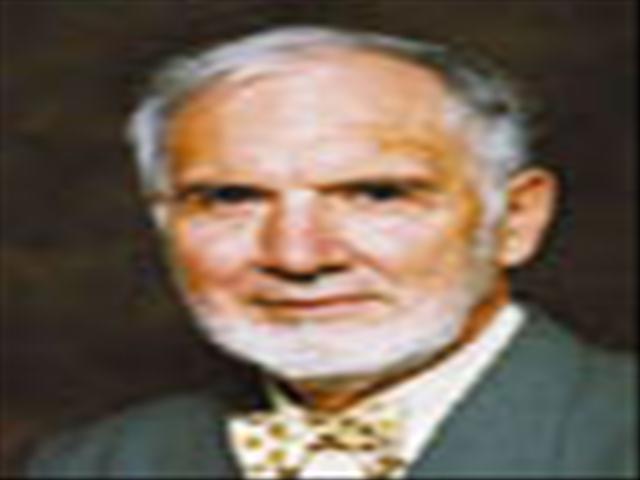
Prof. B Britz
|
For his expert educational and persuasive work which led to decisive decisions on high-quality campus planning and a stylish, human-friendly and accessible campus. |
|
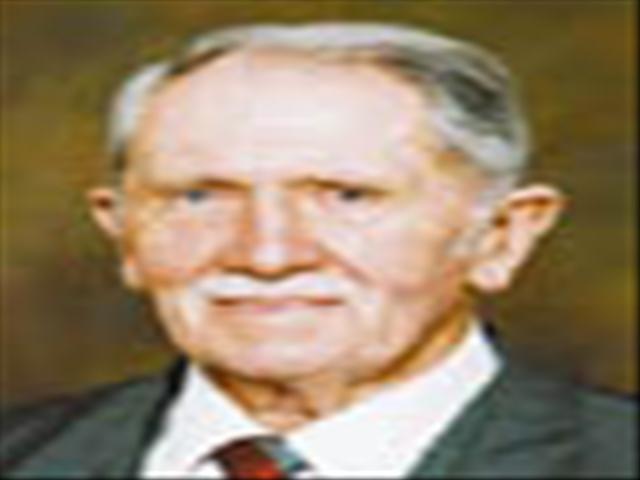
Prof. AV Br?ssow
|
For his central role, as chief residence warden for many years, in developing student support services by managing residences and in coaching sport. |
|
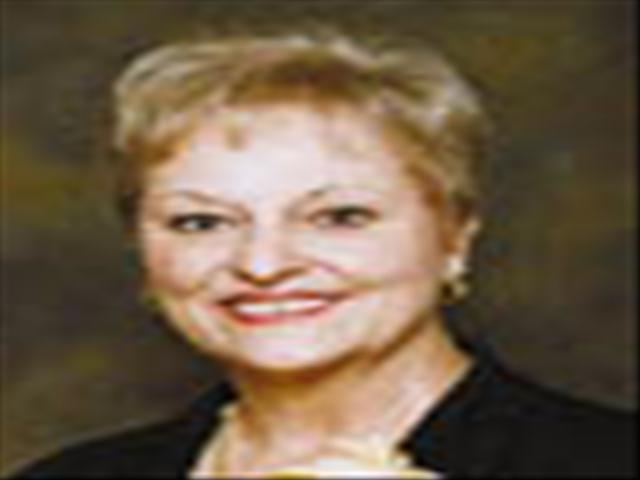
Me C Castagno
|
For her central role and initiatives in establishing a professional fund-raising function and professional image of the UFS in the business sector, particularly in Johannesburg and environs. |
|
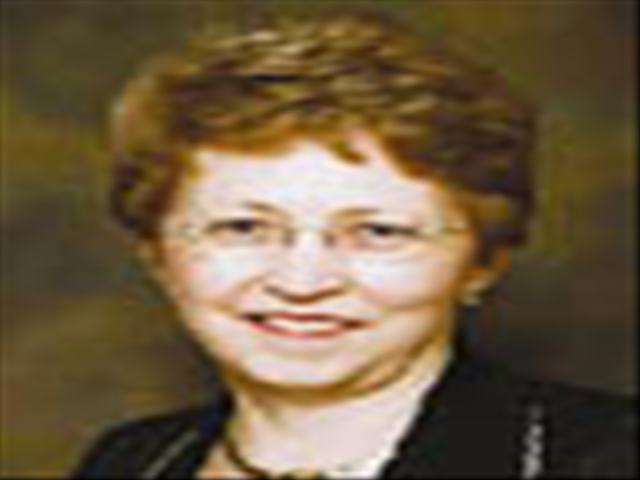
Prof. L Cilliers
|
For her contribution to academic development and her research contribution in the field of Greek and Roman drama and history as well as ancient medicine. |
|
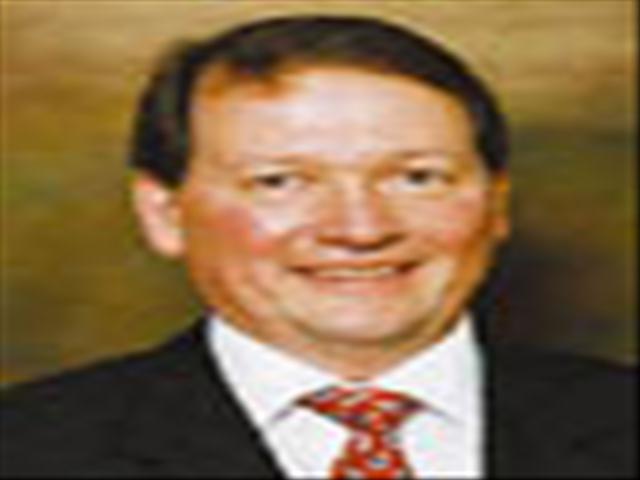
Prof. SF Coetzee
|
For his outstanding leadership as Rector during a term in which the University underwent dramatic changes and renewal, as well as his role as leader of the transformation team who changed the UFS from a mainly monocultural campus to a leader in transformation. |
|
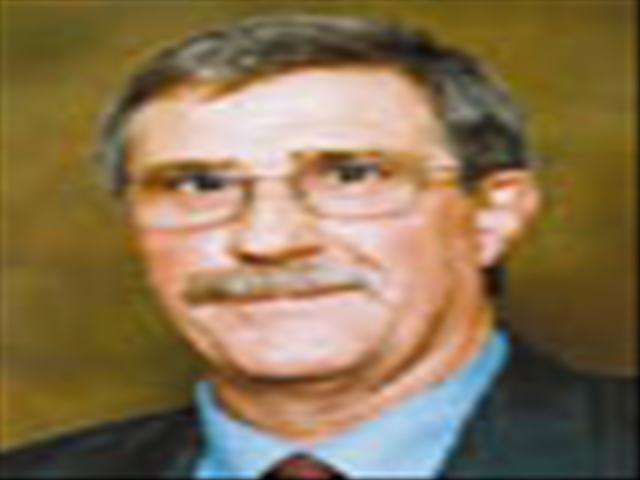
Mr. VF Collett
|
For his enormous contributions regarding the development and professionalisation of student administrative systems, systematisation of regulations and the conversion to new administrative computer systems. |
|
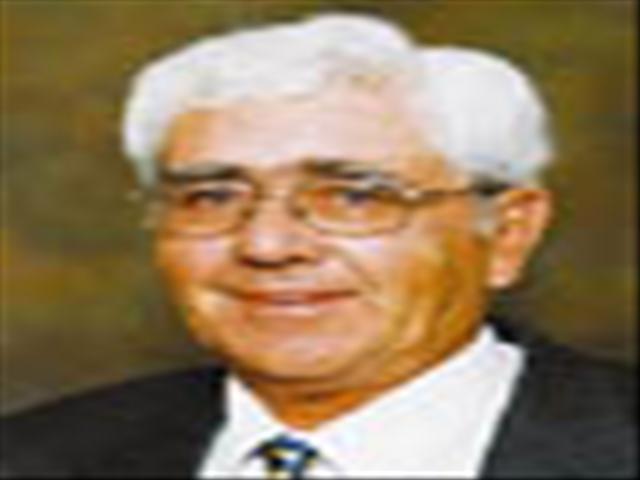
Mr. NE Cronje
|
For his pioneering role and contributions over a long period, as sports administrator and coach, to effective sports organisation, coaching and facilities of the UFS, and the encouragement of mass participation of students in a variety of sports. |
|
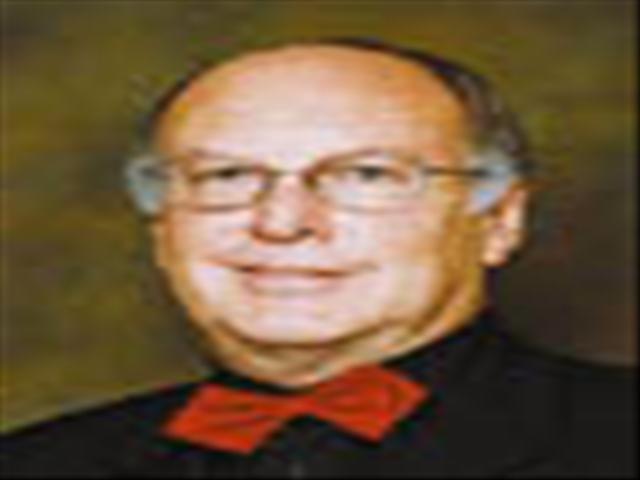
Prof. MJ Crous
|
For his positive leadership as Dean of the Faculty of Economic and Management Sciences and the development of a rapidly growing Faculty in respect of teaching quality, foreign liaison and professional service and style in particular. |
|
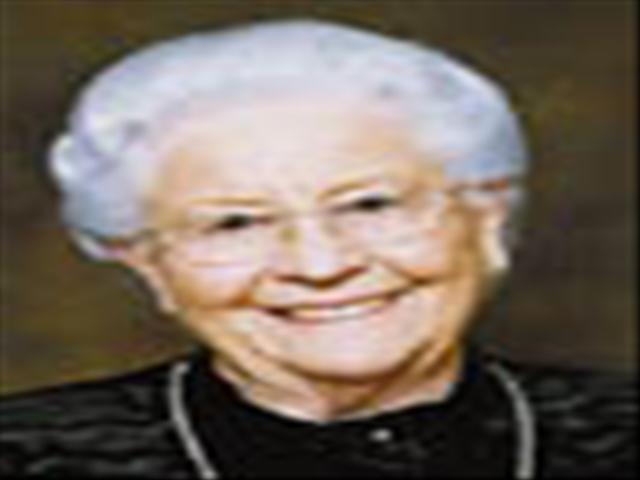
Me FM Cruywagen
|
For her exceptional contribution over a long period as senior residence warden to the development of high-quality, caring service-rendering to students. |
|
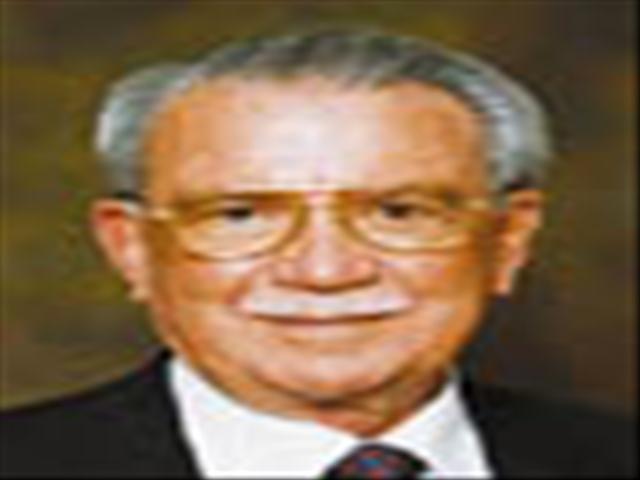
Dr. J de Beer
|
For his key role in the establishment and founding of the UFS’s Faculty of Medicine in partnership with the Free State Provincial Administration. |
|
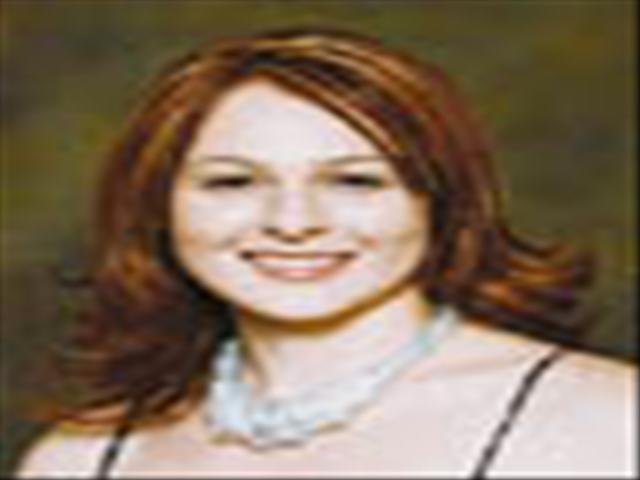
Me E de Klerk
|
For her initiative in launching and developing the Kovsie Sêr and subsequently the national serenade competition, still one of the largest national campus culture projects. |
|
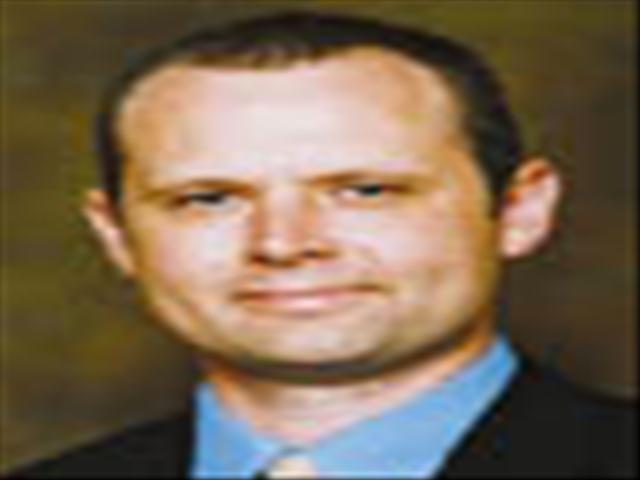
Mr. NV de Klerk
|
For his special contribution as one of the student leaders who, with the Student Transformation Forum (STF), kept student transformation on course by means of wise compromises. |
|
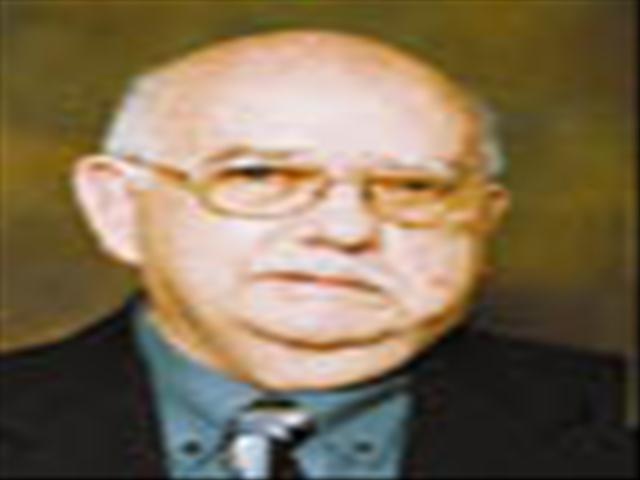
Prof. B De la Rosa
|
For his research contribution and central role in the development of the Department of Mathematics, the discipline of Mathematics and particularly the application of Mathematics at the UFS. |
|
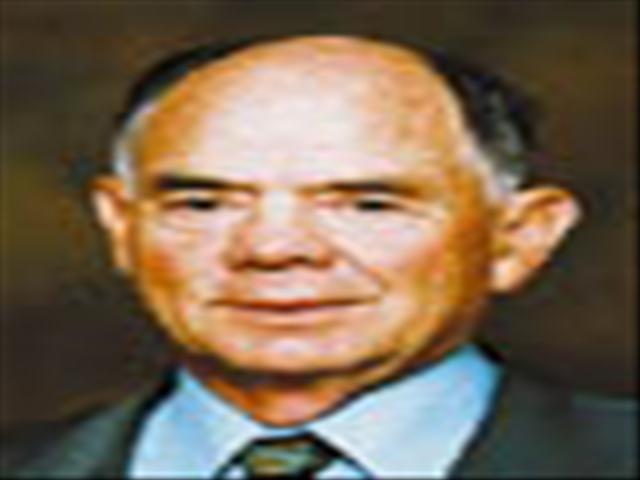
Prof. DJ De Waal
|
For his central role in applying Bayes statistics in the industrial environment as well as his contribution to university management as head of department for 27 years and as member of the Executive Management and Council. |
|
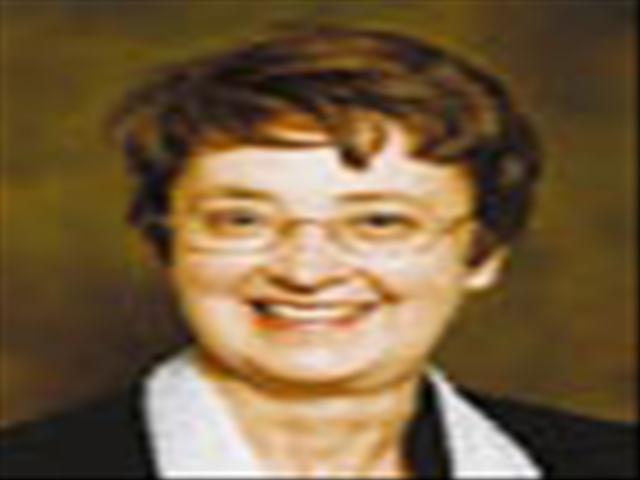
Mev AM Dippenaar
|
For her central role in developing and internationalising the library, in particular in respect of information technology, as well as her pioneering role as a woman in a senior management position in information services and technology on the campus. |
|
Prof. LT du Plessis
|
For his outstanding academic entrepreneurship in establishing and developing the ULFE, as well as nationally and internationally recognised expertise on multilingualism and language management at the UFS. |
|
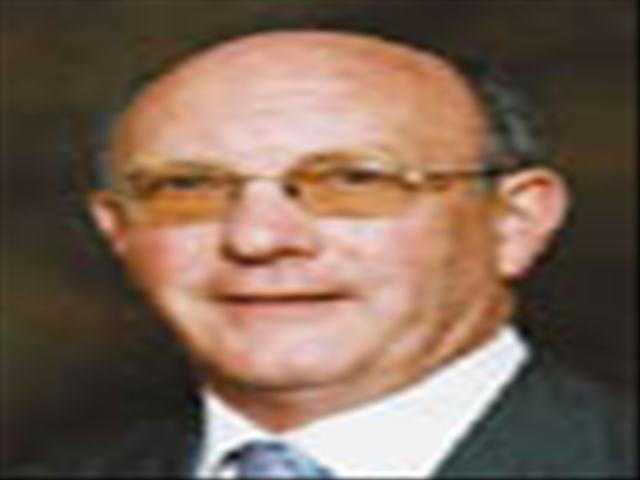
Prof. JV du Plessis
|
For his contribution, over a period of more than 35 years, to developing and managing Labour Law at the UFS, to innovation in labour law training, as well as managing the UFS’s pension fund. |
|
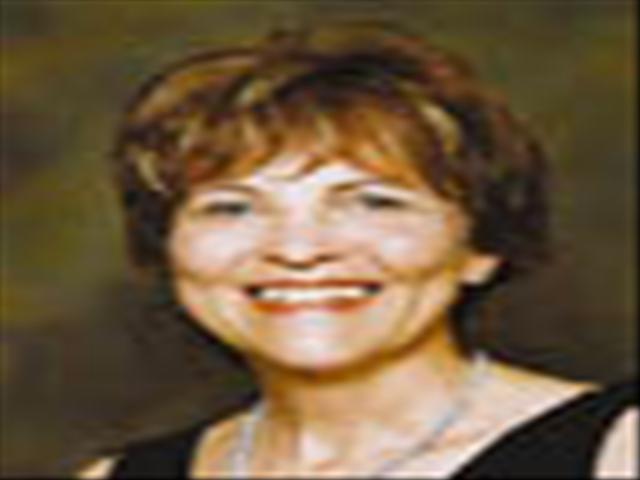
Mev ES du Preez
|
For her central role in developing and professionalising the post of Faculty Manager and her innovation in developing operational and technological systems. |
|
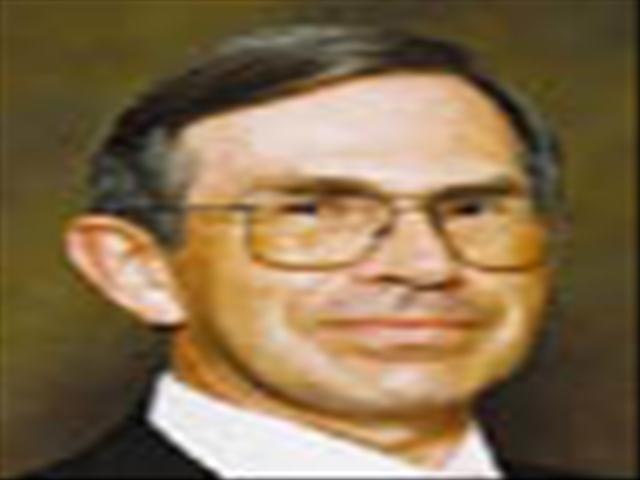
Prof. JC du Preez
|
For his steady and long-standing contribution to the initial development and further expansion of the research core in the discipline of Microbiology, particularly in respect of fermentation. |
|
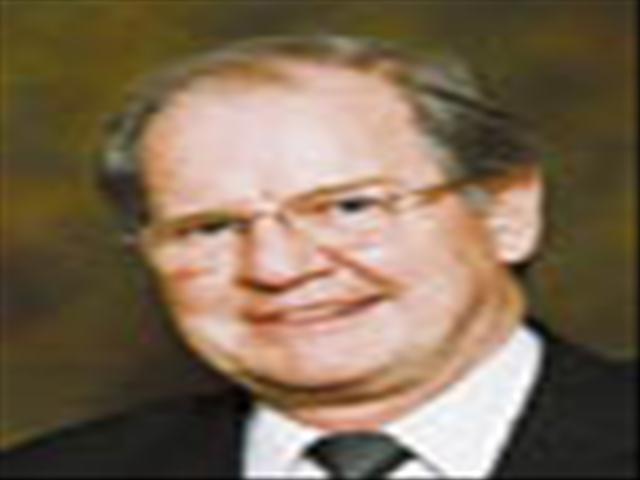
Prof. JA du Rand
|
For his leadership role in establishing and developing research in Theology (New Testament) and a unique collection of Johannine literature at the UFS. |
|
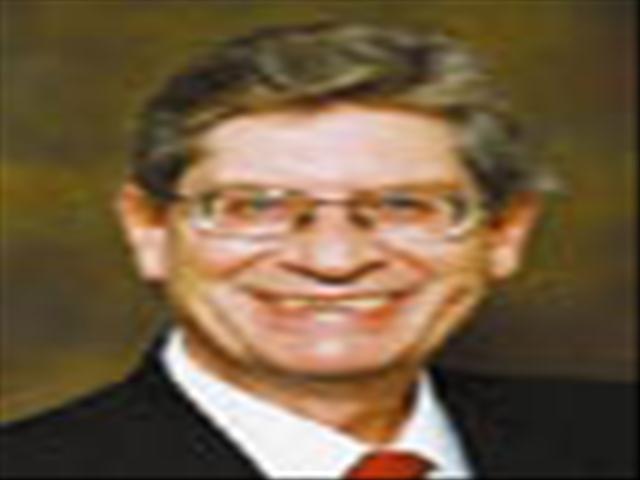
Mr. DC du Toit
|
For his contribution to academic excellence as initiator of the academic publication service, as first editor of the new Acta Academica, as founder of the Journal for Juridical Science as well as innovative work in developing legal training. |
|
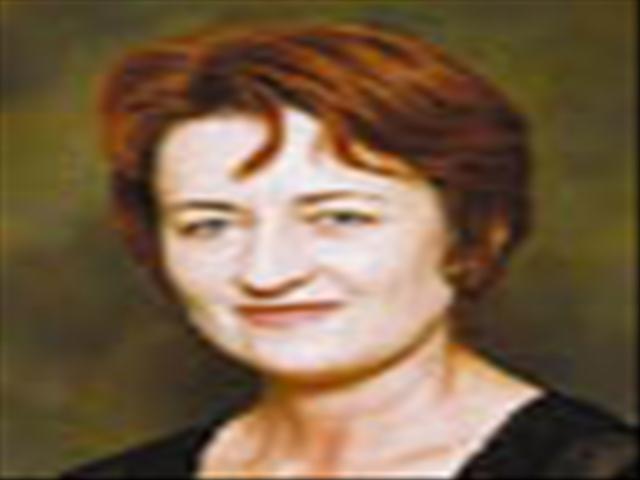
Dr. MA Erasmus
|
For her central role in developing the UFS’s community service policy and the establishment of integrated community service learning modules, as well as her contribution to the establishment of multilingualism at local government level. |
| Prof. D Ferreira |
For his central role as Distinguished Professor in Chemistry and A-evaluated researcher (NRF), in developing the UFS’s national and international research profile in Chemistry. |
|
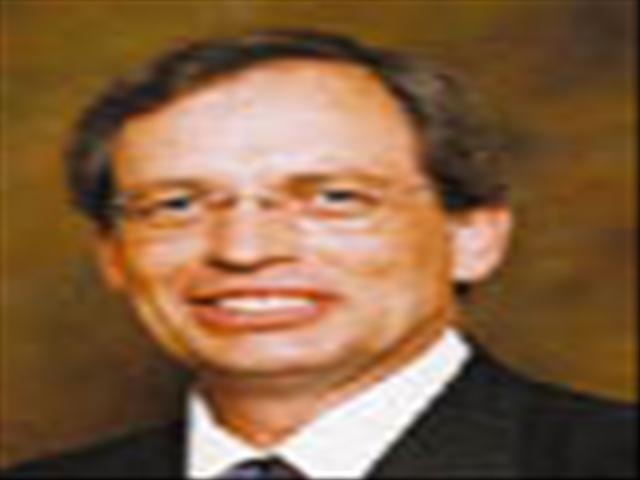
Prof. FCvN Fourie
|
For his role as leader of the turn-around team which turned around the financial position of the UFS and created a sustainable basis for academic growth, for his innovation as Dean of the Faculty of Economic and Management Sciences and later as Vice-Rector: Academic, as well as his research record and academic contributions as Distinguished Professor in Economics. |
|

Prof. M Fourie
|
For her outstanding contribution as member of the turn-around team which turned around the financial position of the UFS and created a sustainable basis for academic growth, as well as her pioneering role as a woman in a senior management position in academic planning. |
|
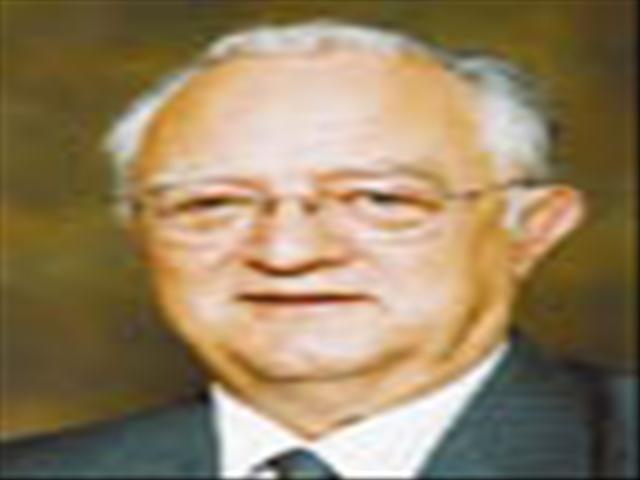
Prof. L Goedhals
|
For his central role in establishing and developing research and community service in Oncology, thereby contributing to the national profile of the UFS. |
|
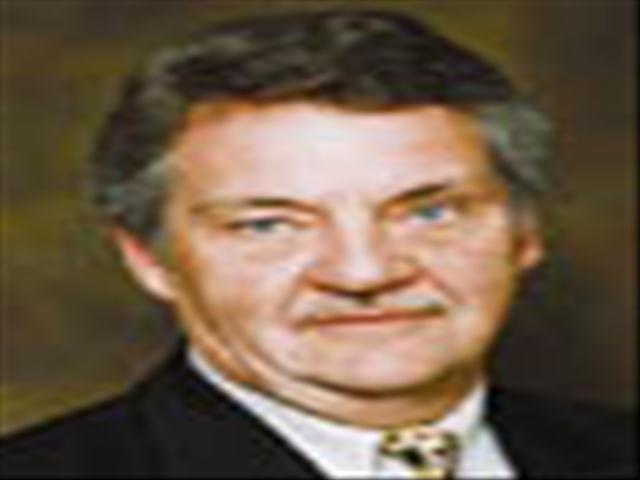
Prof. JU Grobbelaar
|
For his leadership in establishing research and niche expertise in Limnology at the UFS, his leadership in the first biological expedition to Marion Island, as well as for his role as leader in developing human resource matters at the UFS. |
|
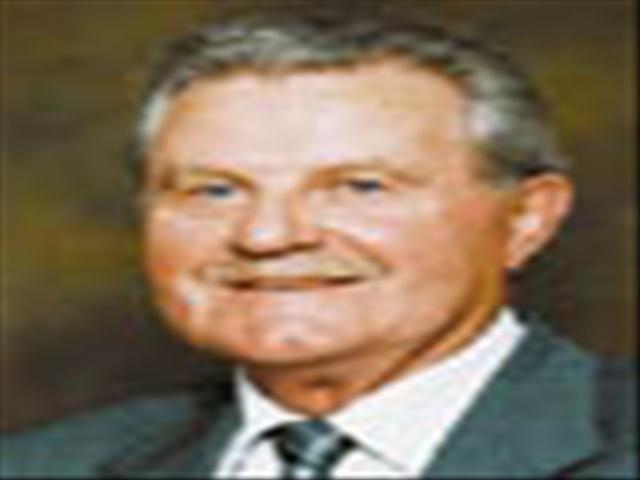
Mr. CJ Grobler
|
For his consistently valuable contributions in the UFS Council, over a period of more than 20 years, in respect of balanced reform and new developments such as parallel-medium teaching. |
|
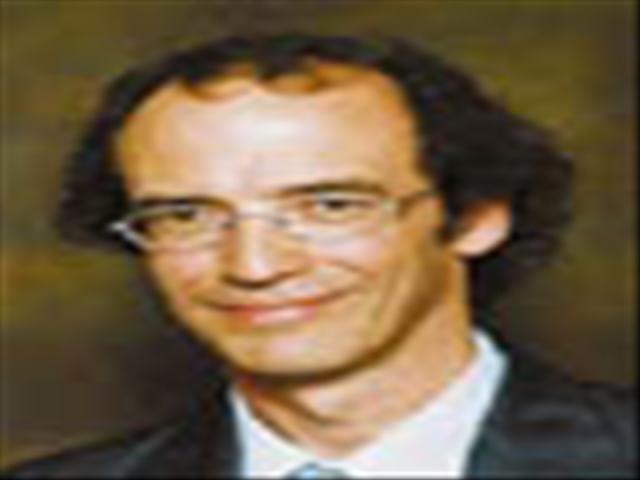
Mr. PA Guy
|
For his contribution to music transformation and his outstanding leadership and drive in establishing the Botshabelo Strings project, and the development of music talent among school children from previously disadvantaged communities, thereby strengthening the UFS’s community service. |
|
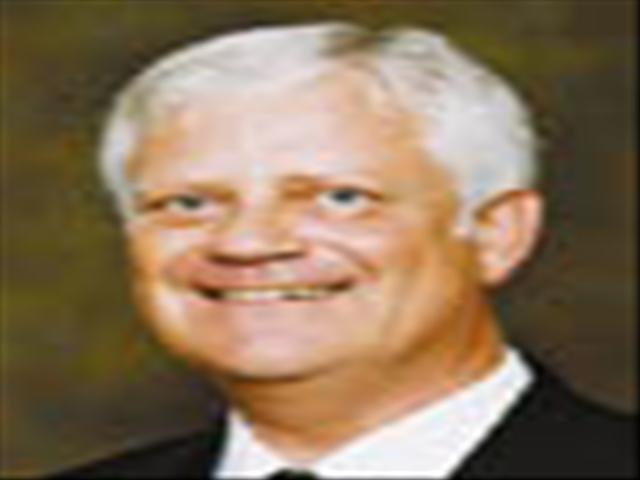
Judge SPB Hancke
|
For his leading role regarding alumni, fund-raising and financial support to students, specifically in founding the Kovsie Alumni Trust, as well as his contributions, as Council member and Chair of the Council, to wise and innovative decision-making. |
|
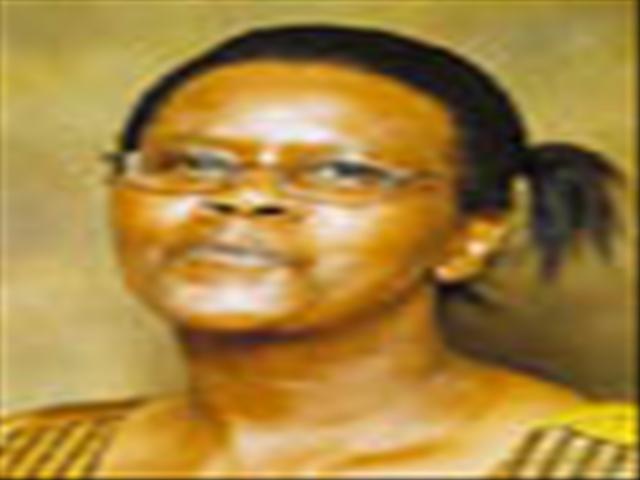
Mrs N Handa
|
For an outstanding contribution to the establishment of a culture of service and the advancement of the quality of the University. |
|
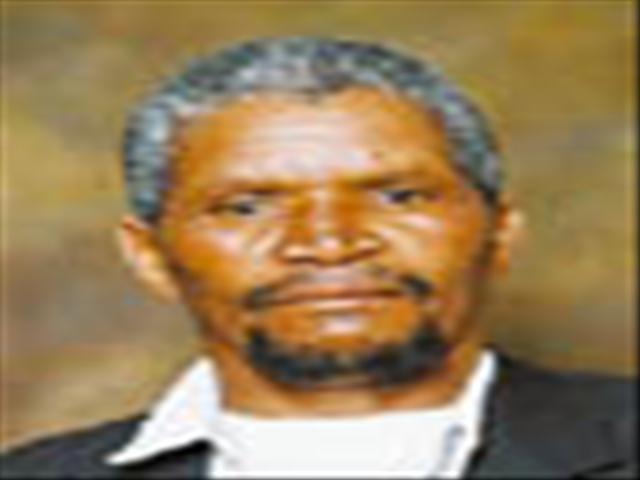
Mr. G Hanise
|
For an outstanding contribution, over a long period, to the establishment of a culture of service and the quality of the University’s grounds. |
|
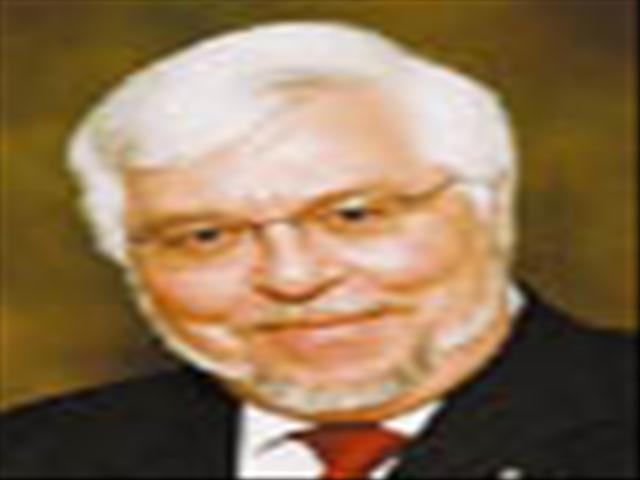
Prof. JJ Henning
|
For his leadership role in developing the Faculty of Law as well as his research record and contribution, as Distinguished Professor, to academic excellence and international recognition in company and partnership law at the UFS. |
| Prof. A du P Heyns |
For his strong role and national prominence as expert and leading figure in establishing and developing Haematology at the UFS. |
|
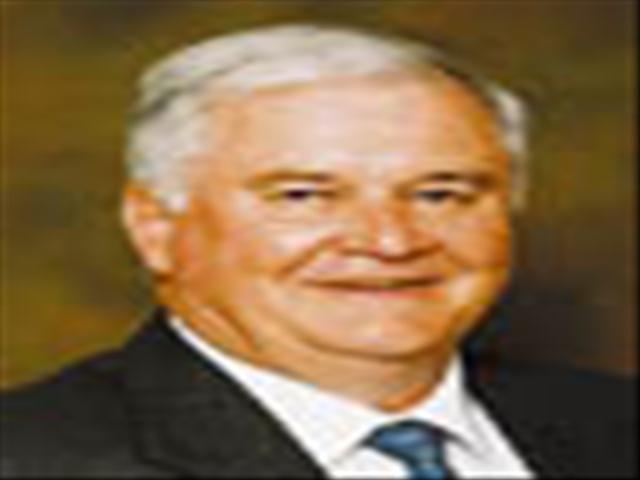
Prof. FDI Hodgson
|
For his academic entrepreneurship and initiative in successfully establishing a unique Institute for Groundwater Studies which has been known nationally and internationally since 1975 as high-level centre of expertise and a model of financial self-support. |
|
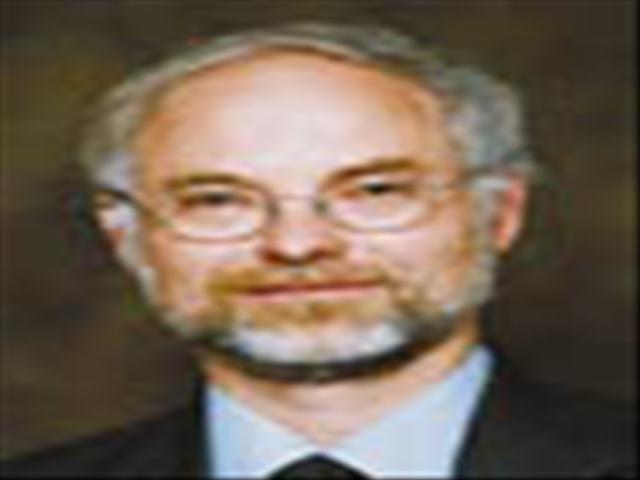
Dr. MJH Hoffman
|
For his initiative and sustained actions to develop the Boyden Observatory into an internationally recognised research centre as well as a science centre that introduces natural science to scholars. |
| Prof. KC Househam |
For his leadership and pioneering work in transformation through the establishment of the first true partnership between the UFS, the community of Mangaung and the Free State Department of Health. |
|
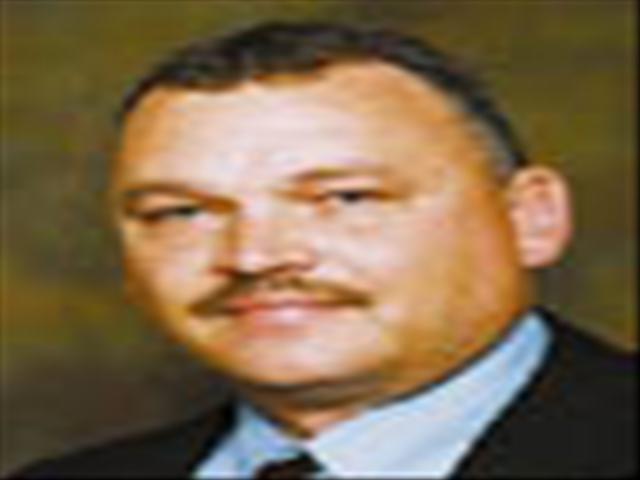
Mr. AB Hugo
|
For excellent service and ingenuity, in the Electronics Division of the Faculty of Natural and Agricultural Sciences, in designing new electronic apparatus en repairing existing ones. |
|
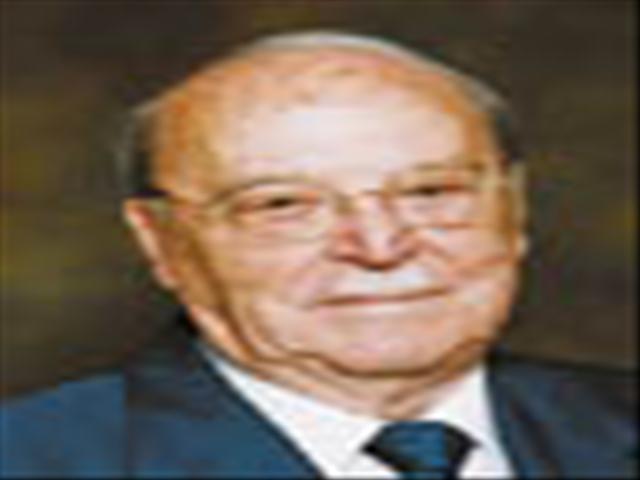
Dr. B Human
|
For his contribution to the development of the UFS’s fund-raising actions, particularly in respect of establishing physical facilities on the campus. |
| Prof. JLK Human |
For establishing serious music and jazz in Bloemfontein, developing the piano division at the UFS, and as recognised performing artist. |
|
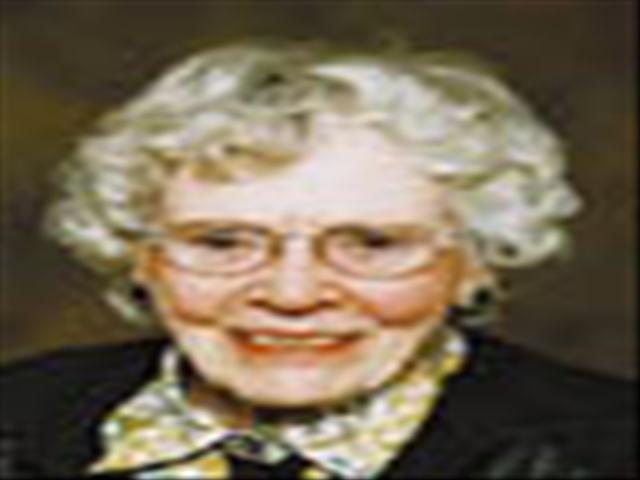
Mev BJ Immelman
|
For her exceptional role in piano teaching of international quality at the UFS and in establishing high standards of piano-playing in South Africa |
|
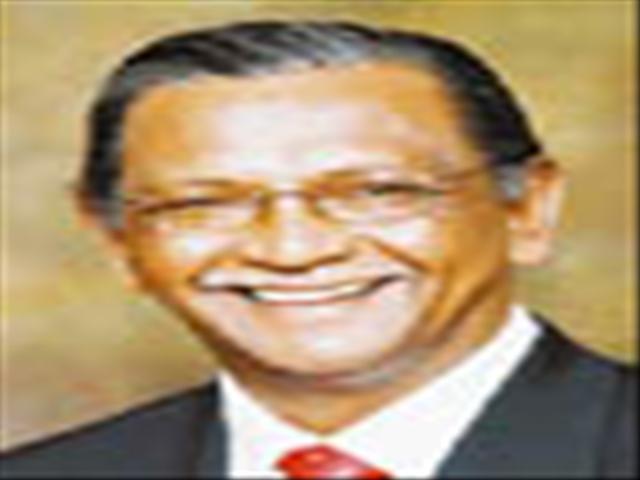
Ds CD Jaftha
|
For his pioneering role in the first transformation discussions between the UFS and the Black and Coloured communities in the context of the Transformation Committee and the UFS Council, and also for his role in developing the UFS’s community service policy. |
|
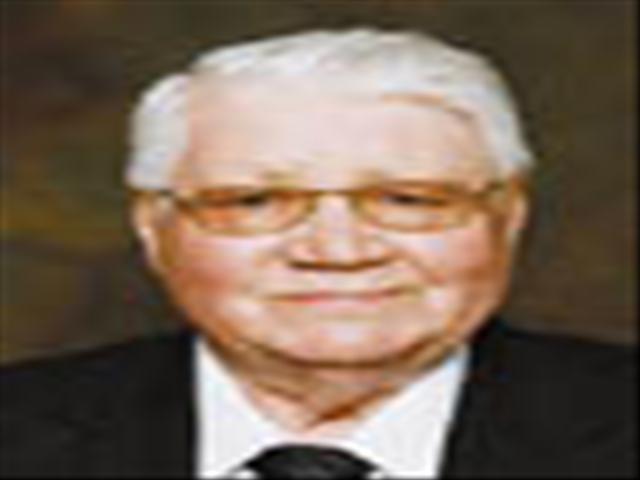
Mr. HP Johnson
|
For his role as Registrar (Administrative and General) in developing the administrative functions at a strongly growing UFS in the seventies and eighties. |
|
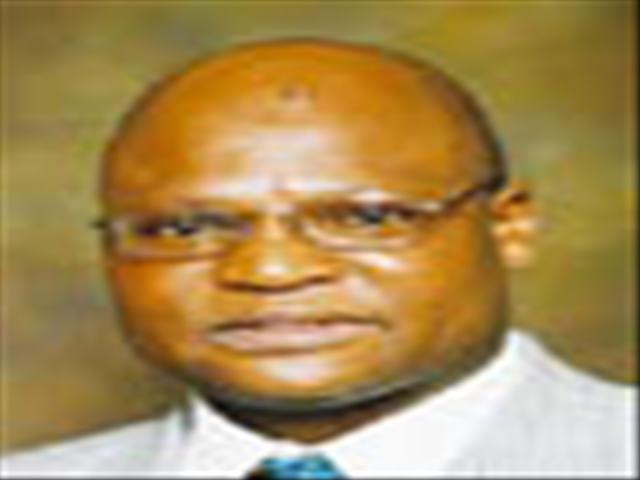
Mr. VS Khosana
|
For his pioneering role in respect of labour relations, in trade union context, as well as his role as champion of workers’ interests with a balanced grasp for management realities in the difficult staff reduction process of 2000. |
|
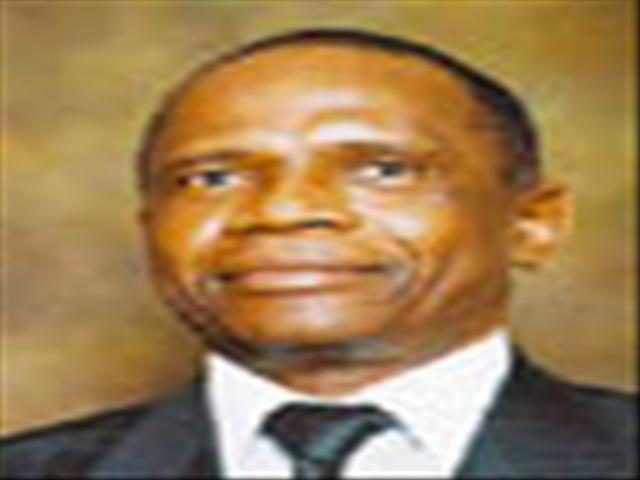
Prof. BM Khotseng
|
For his pioneering role in establishing diversity, and the courage and determination with which he, as first black senior manager, member of the transformation team and Vice-Rector: Student Services, helped change the UFS from a mainly mono cultural campus to a leader in transformation. |
|
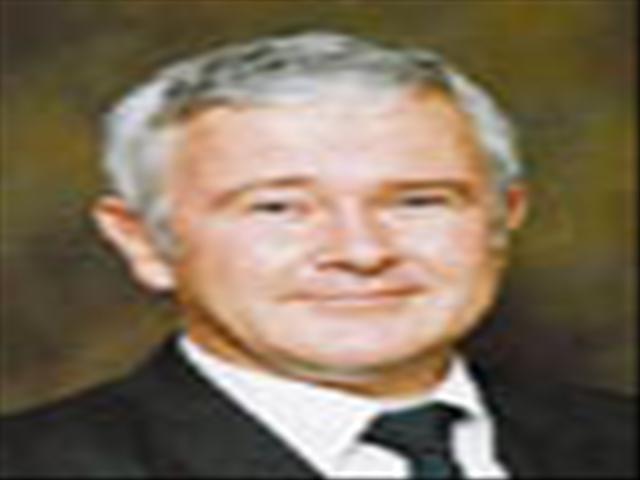
Prof. JLF Kock
|
For his outstanding research record and contribution, as Distinguished Professor, to academic excellence in the field of microbiology and lipid research at the UFS. |
|
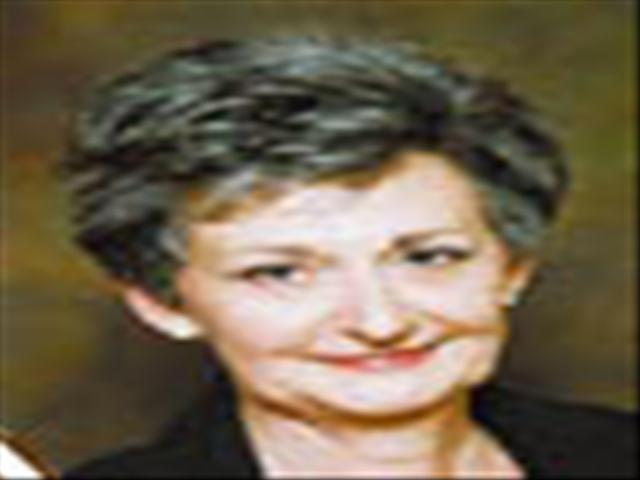
Mev HMC Kotze
|
For her special and caring role, as social worker, in establishing high-quality and dedicated student support at the UFS. |
|
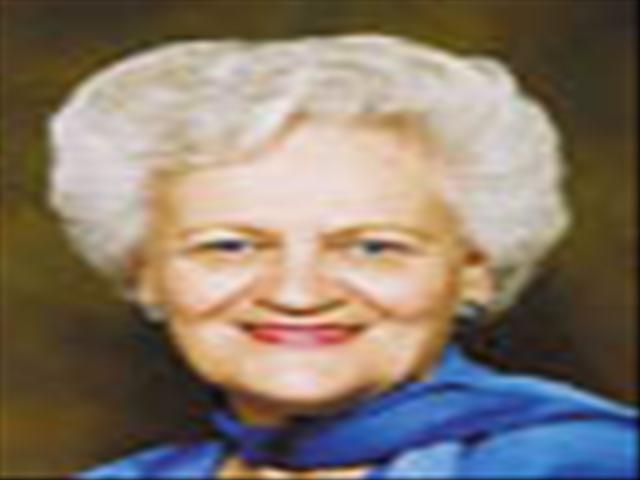
Mev E Krantz
|
For her enormous contribution to the development of theatre and particularly children’s theatre, her key role in numerous eisteddfods and speech examinations as well as being a recital and radio artist of high calibre. |
|
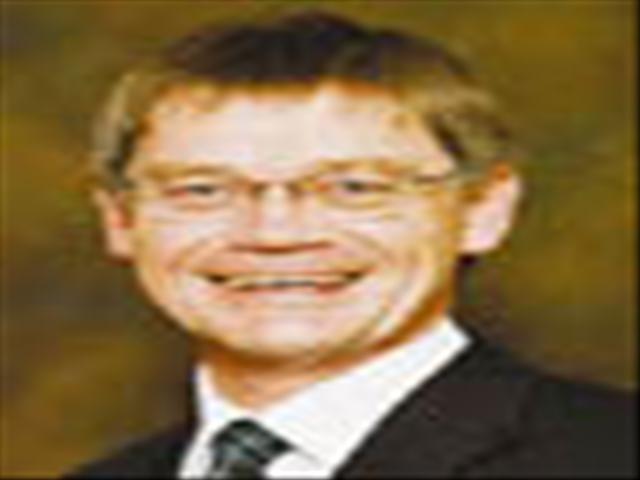
Prof. GP Lamprecht
|
For his sustained and crucial contribution, over several decades, to the development of student and alumni choirs and the art of conducting choirs at the UFS. |
| Prof. PM Lategan |
For his outstanding academic entrepreneurship and vision to successfully develop Microbiology as discipline and as internationally recognised industry-oriented research centre at the UFS. |
|
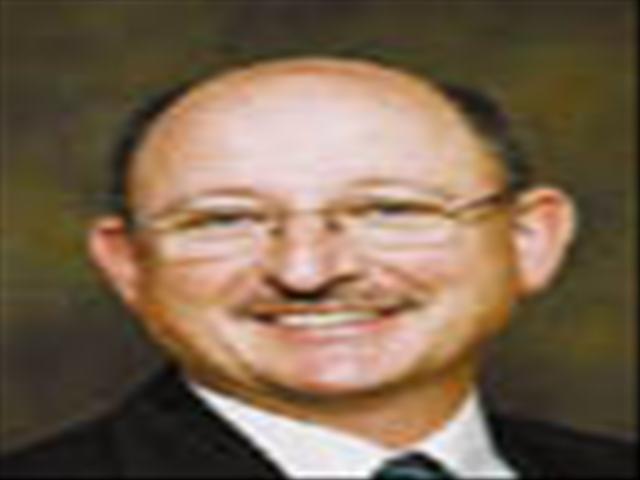
Dr. PAL le Roux
|
For his outstanding contribution, as sports administrator and coach, to the development of karate as sport at the UFS. |
| Prof. DA Louw |
For his outstanding research record and contribution to academic excellence and international linkages in the field of Forensic Psychology. |
|
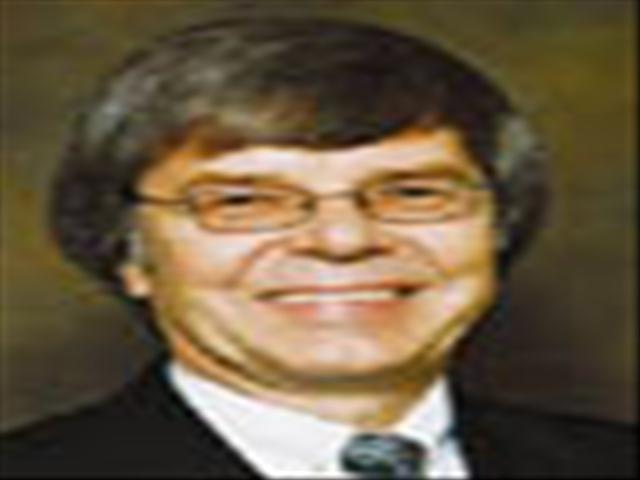
Prof. DS Lubbe
|
For his pioneering role as researcher in the field of accounting and audit, on social responsibility, environmental accounting and corporate control. |
|
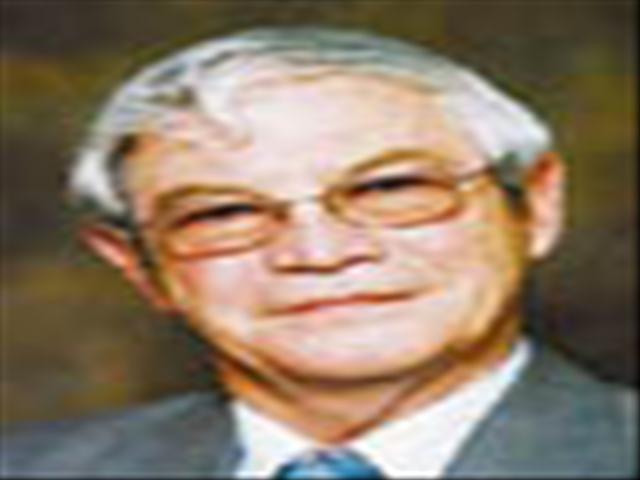
Dr. N Luyt
|
For his pioneering role in managing diversity at student level and the courage with which he, as a member of the transformation team, helped change the UFS from a mainly mono cultural campus to a leader in transformation. |
|
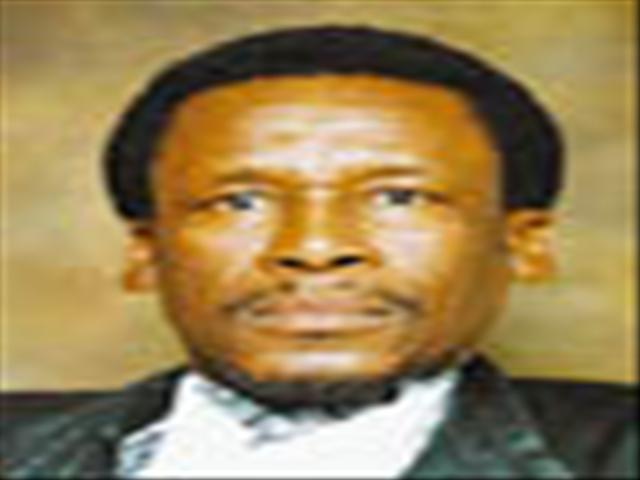
Mr. PD Mabasu
|
For his pioneering role in respect of labour relations in the founding years of trade unions at the UFS. |
|
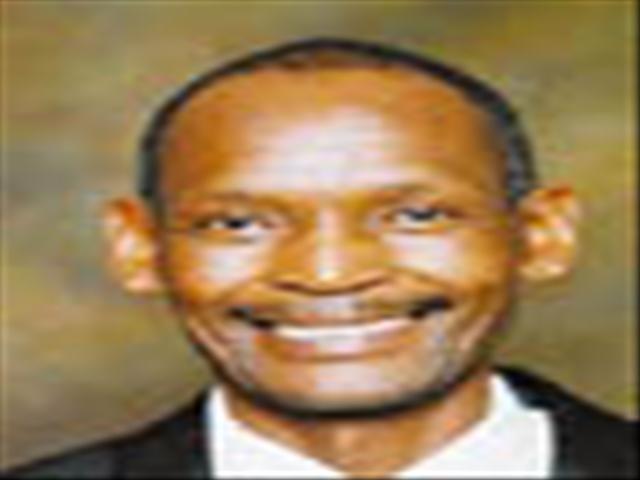
Mr. SP Mahlumba
|
For his pioneering role in respect of labour relations in the founding years of the trade unions as well as his contribution to the pioneering work of the Transformation Committee |
|
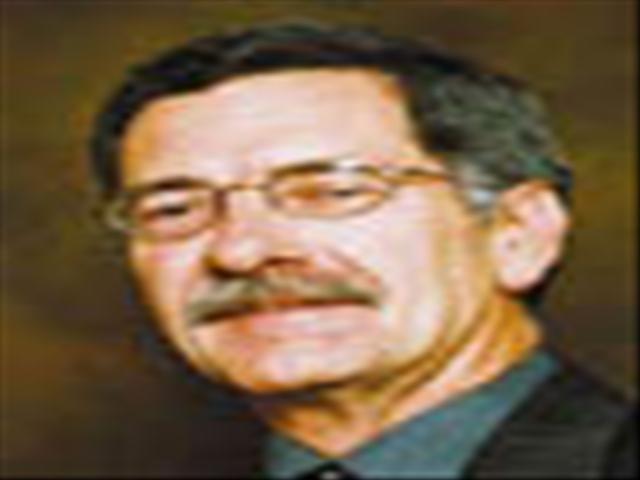
Mr. WS Malherbe
|
For his role as a member of the turn-around team which turned around the financial position of the UFS and created a sustainable basis for academic growth, as well as his pioneering work in establishing management information and strategic planning. |
|
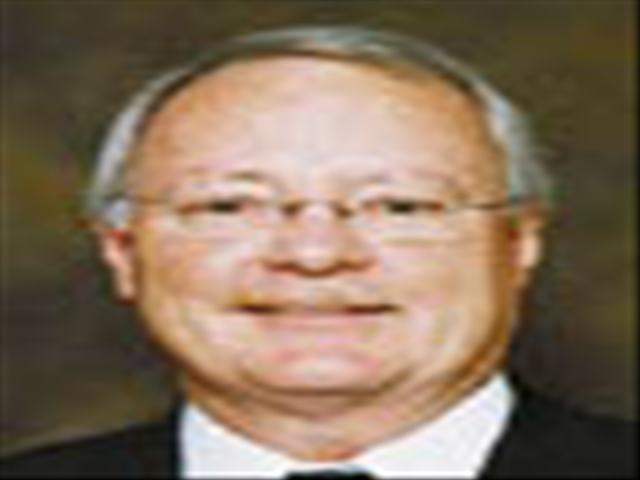
Mr. FC Marais
|
For his untiring enthusiasm and pioneering work in developing the Career Preparation Programme which is regarded internationally as a model of accessibility, and which has made an important contribution to the transformation of the UFS. |
|
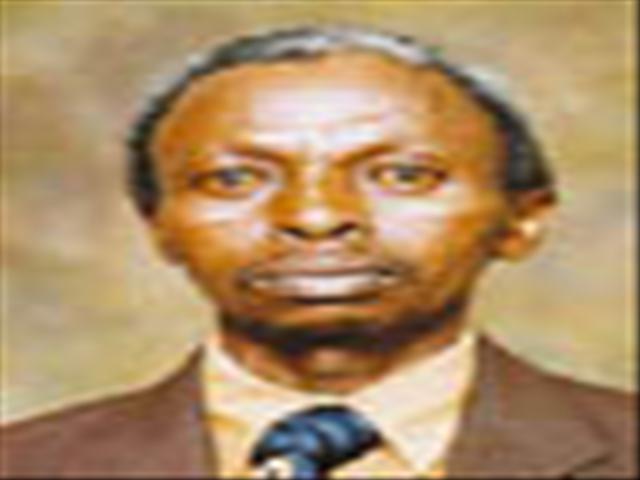
Mr. M Maseko
|
For his outstanding contribution, over a long period, to the establishment of a culture of service and the quality of the University’s grounds. |
|
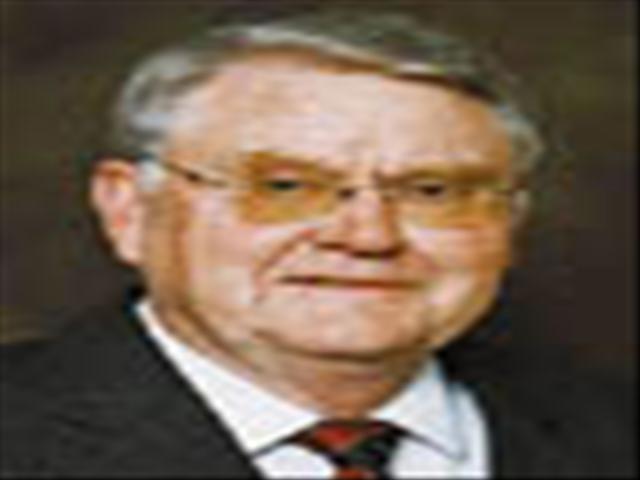
Prof. BH Meyer
|
For his academic entrepreneurship and key contribution to the establishment and development of Farmovs as internationally esteemed pioneering institution at the UFS. |
|
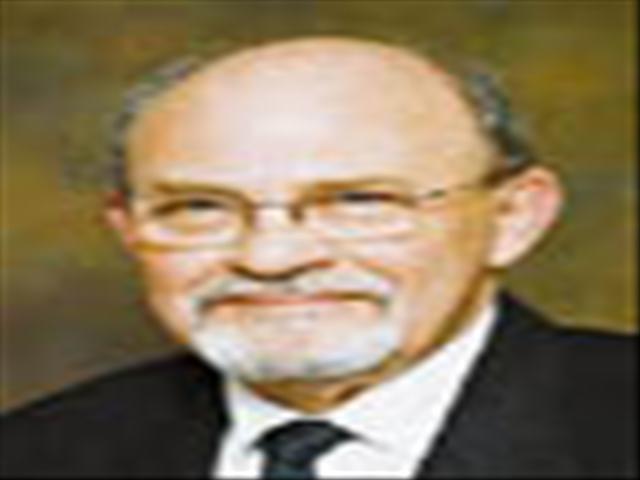
Prof. BD Middlecote
|
For his contribution to academic excellence through his key role in designing, developing and implementing the new five-year curriculum of the MB ChB programme at the UFS. |
|
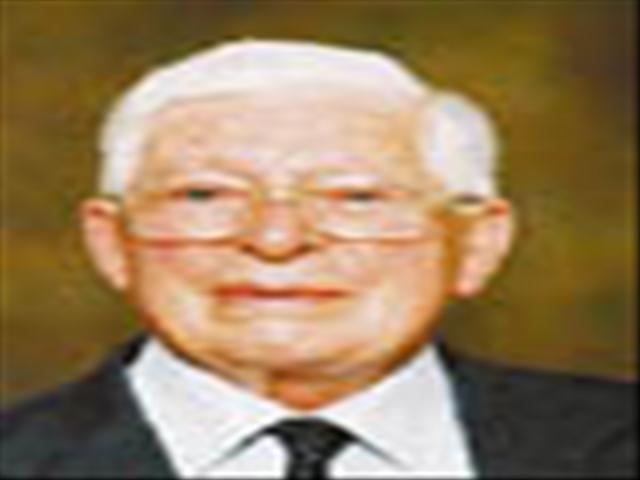
Prof. PC Minnaar
|
For his outstanding contribution as developer of Medical Physics and the development of the national and international academic profile of the Faculty of Health Sciences. |
|
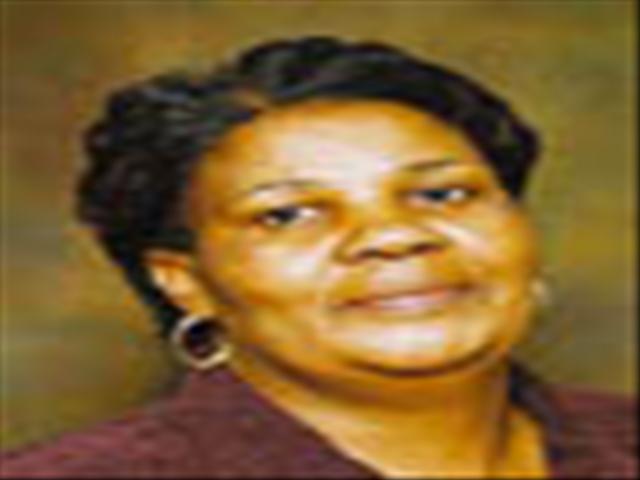
Mrs M Molebatsi
|
For her pioneering role in respect of labour relations, in trade union context, as well as her role as champion of workers’ interests with a balanced grasp for management realities in the difficult staff reduction process of 2000 as well as the Qwaqwa alignment process. |
|
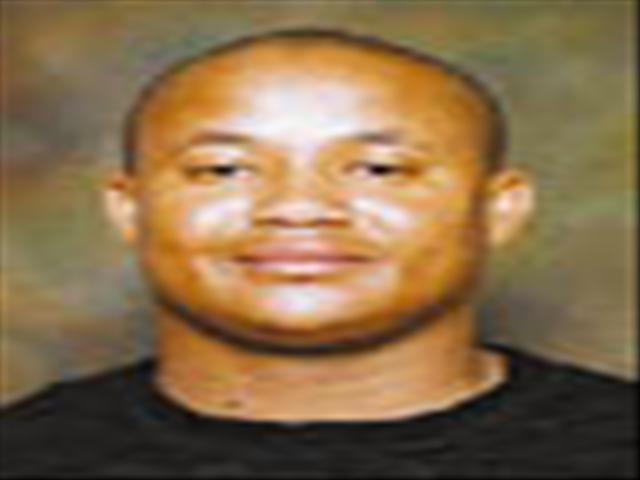
Mr. P P Mohloli
|
For his outstanding contribution as one of the student leaders who, with the Student Transformation Forum (STF), kept student transformation on course by means of wise compromises. |
|
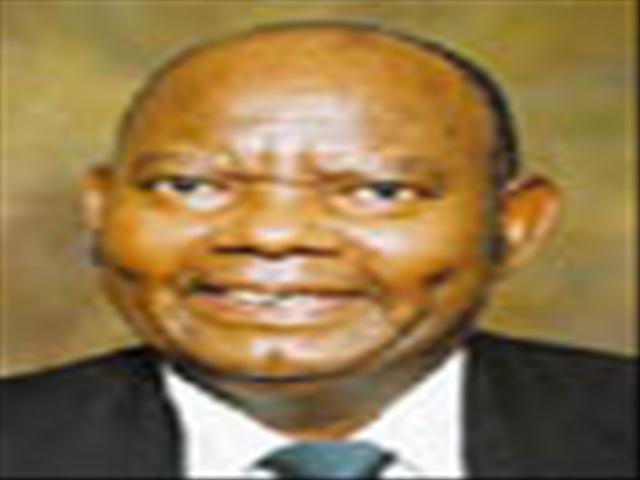
Mr. JS Mokoka
|
For his pioneering work as team member in the establishment of the MUCPP and the establishment of a first true partnership between the UFS, the community of Mangaung and the Free State Department of Health. |
|
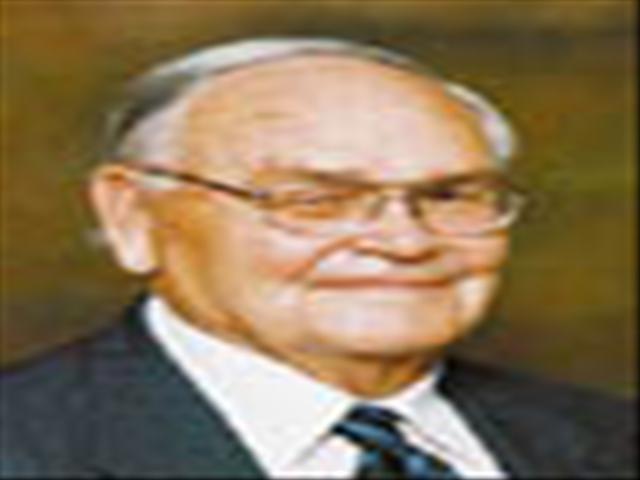
Prof. WL Mouton
|
For the important contribution he made as Rector, Chair of the Council and Chancellor, particularly his leading role as Rector in the establishment and sustainable development of the UFS as strong research university. |
| Prof. FO M?ller |
For his outstanding academic entrepreneurship and key contribution to the establishment and development of Farmovs as internationally esteemed pioneering institution at the UFS. |
|
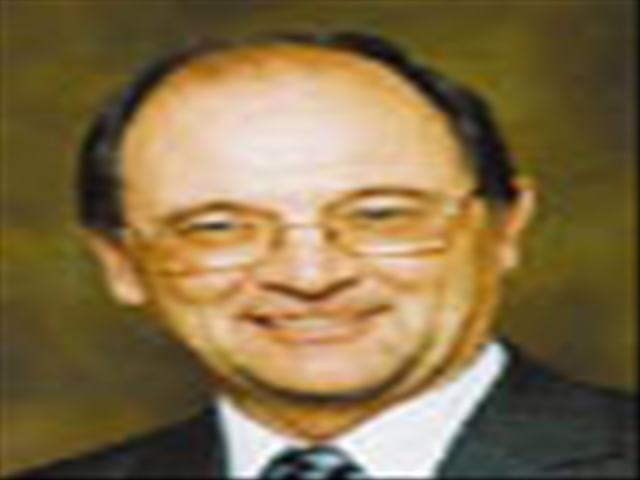
Mr. AJ Murray
|
For his outstanding role and contribution in establishing and developing Occupational Therapy, also in the context of community service. |
|
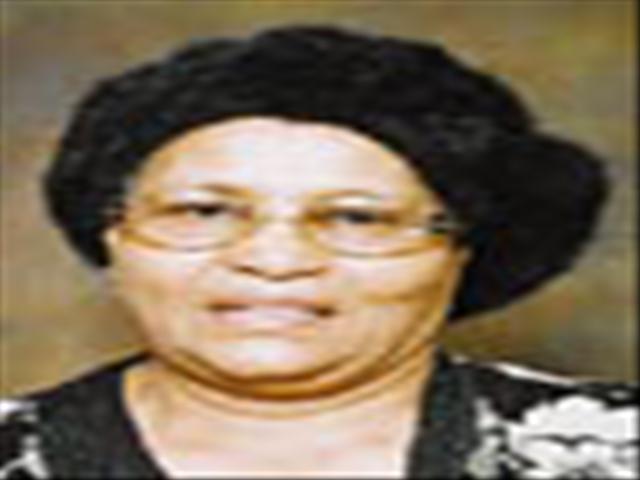
Mrs MS Musi
|
For her outstanding contribution to the establishment of a culture of service and the improvement of the quality of the buildings and cleaning services of the University. |
|
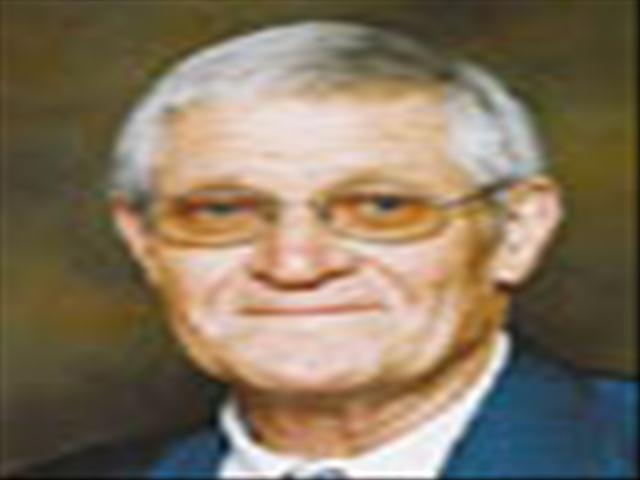
Dr. JC Nel
|
For his outstanding role, in various divisions, as member of the core team who established the modern administration of the UFS from the 1960s. |
|
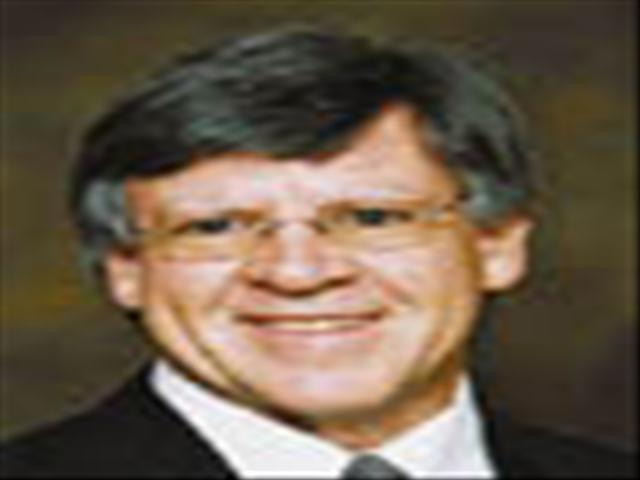
Prof. PJ Nel
|
For his outstanding research record and contribution to academic excellence in Near-Eastern Studies as well as in multidisciplinary context, the establishment of new programmes, and the promotion of the study of African and indigenous knowledge systems. |
|
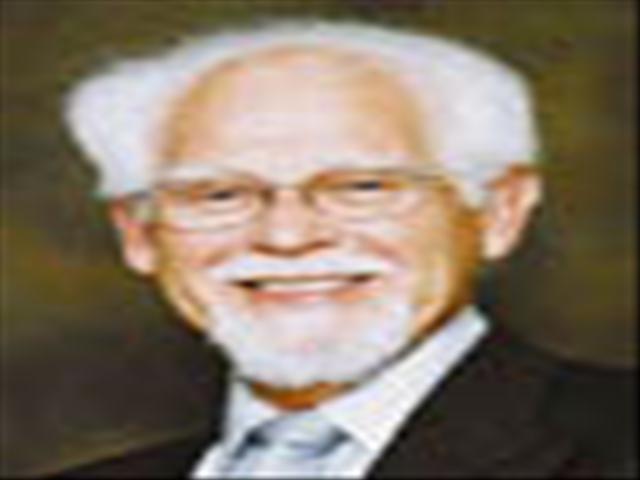
Prof. DL Ochse
|
For his numerous initiatives as music entrepreneur and contributions to the establishment and development of the Consortium Musicum, the Odeion Simfonia, the UOFS Piano Quartet, the Odeion String Quartet, the Odeion Musik Fest and Old Presidency concerts. |
|
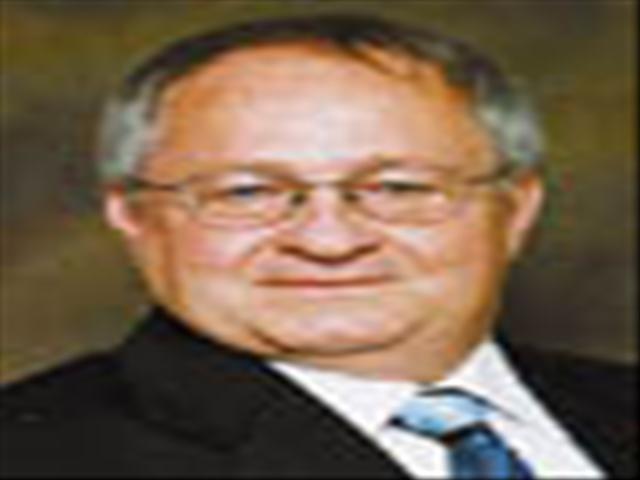
Mr. GJ Olivier
|
For his exceptional dedication and contribution to the development of the SAPSE and HEMIS information systems, a user-friendly management information system and a unique UFS system for the allocation of FTE students. |
| Mr. G de W Pansegrouw |
For his outstanfing contribution to the development of fund-raising methods, particularly regarding the establishment of Shimla Park. |
|
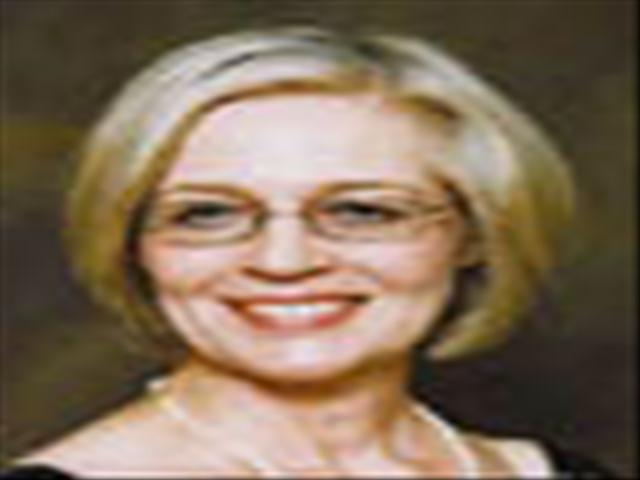
Me E Pelzer
|
For her quality-driven and strategic contribution as a member of the turn-around team which turned around the financial position of the UFS in an innovative and sustainable manner, as manager of various special University projects, and as a woman in a senior management position in physical planning. |
|
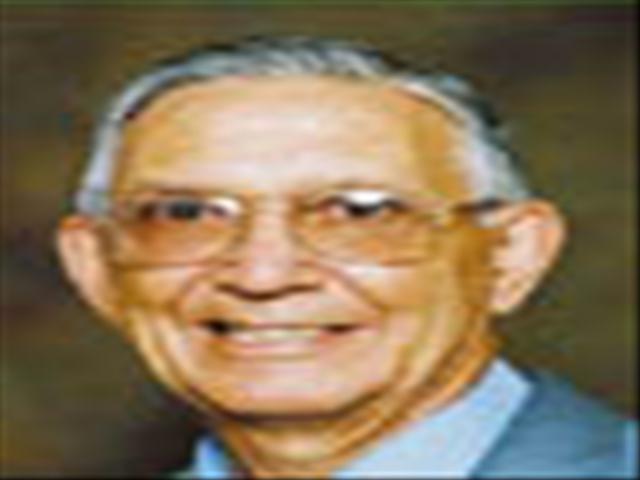
Prof. H Potgieter
|
For his leadership as Dean and contribution to the effective management of the Faculty of Natural Sciences and the promotion of high-quality teaching and research. |
|
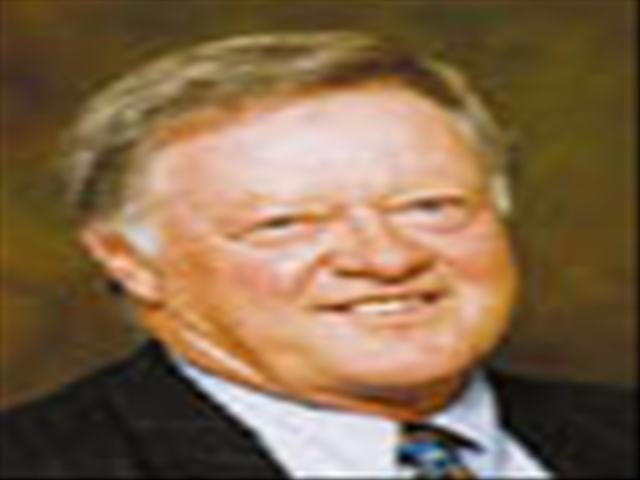
Mr. CF Preller
|
For his outstanding role, as sports administrator and coach, in developing the UFS’s athletics profile, as well as developing the potential of numerous national and international achievers. |
|
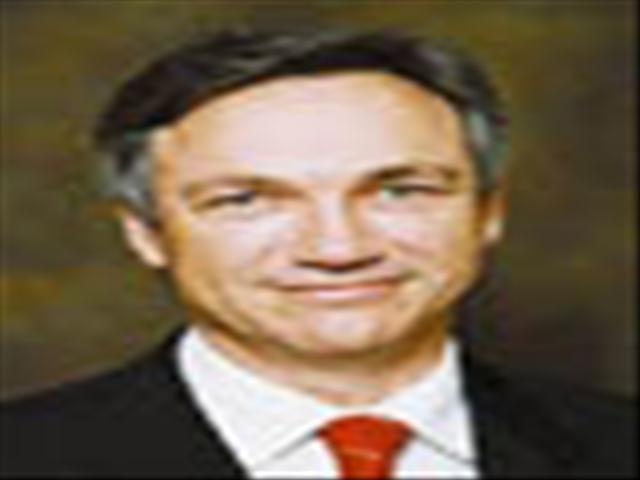
Prof. JL Pretorius
|
For his research and widely recognised authoritative contribution to academic excellence in the field of Constitutional Law and Philosophy of Law, in particular constitutional and human rights studies as well as labour law. |
|
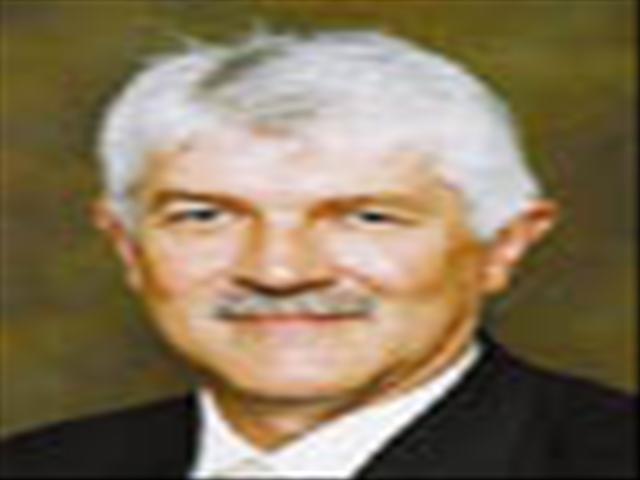
Prof. ZA Pretorius
|
For his outstanding research record and contribution, as Distinguished Professor, to academic excellence and international stature in the field of plant pathology and plant sciences at the UFS. |
|
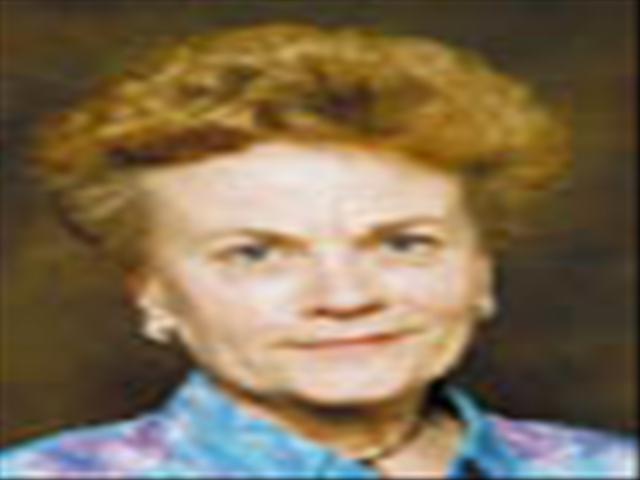
Me JS Prophet
|
For her outstanding role as developer of a service-centred library, as pioneer in electronic information systems and staff diversity, as the personification of professionalism and quality. |
|
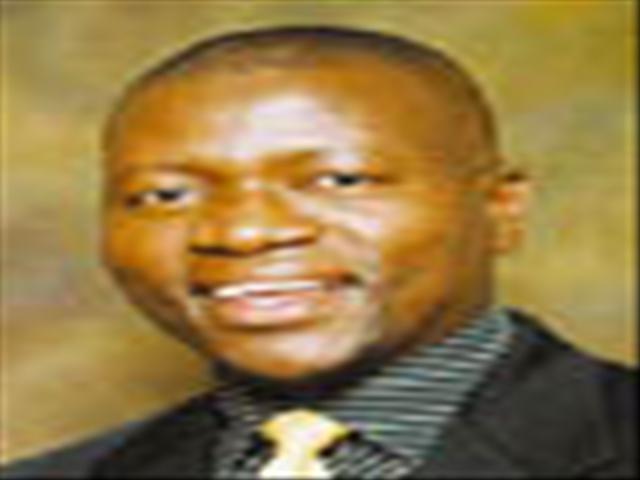
Mr. B Ramahlele
|
For his pioneering role in establishing diversity and the personal risk, courage and determination with which he, as a member of the transformation team, helped change the UFS from a mainly mono cultural campus to a leader in transformation. |
|
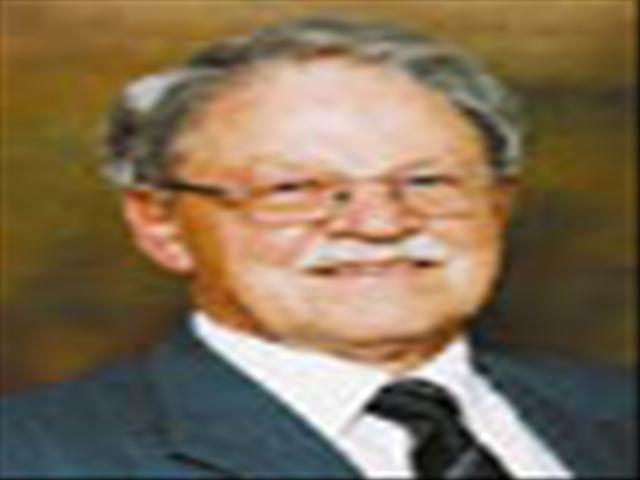
Prof. FP Retief
|
For his outstanding leadership role, and contributions as founder Dean of the Faculty of Medicine and as Rector, particularly the first important steps in respect of multicultural and parallel-medium teaching at the UFS. |
|
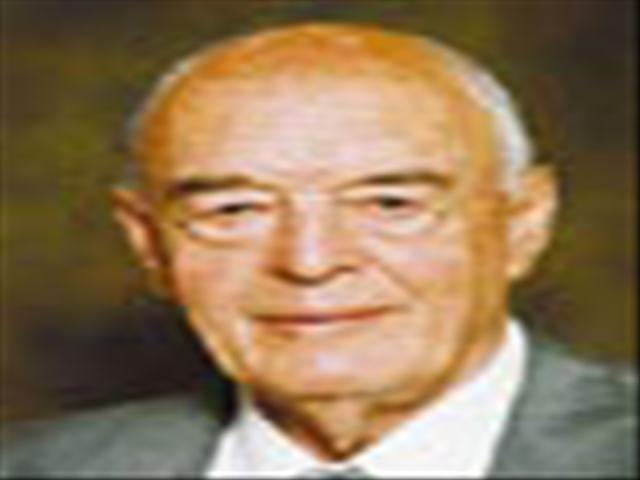
Prof. WJ Richards
|
For his outstanding contribution, as Dean and Vice-Rector, to academic integrity as well as the quality of academic support services at the UFS. |
|
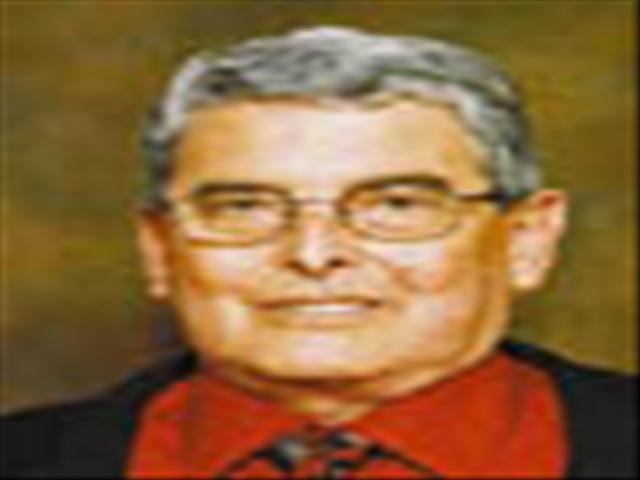
Prof. CD Roode
|
For his outstanding leadership and contribution, as Registrar (Academic) and Vice-Rector (Personnel and Administration), to the development of the University by establishing and developing a strong and professional administrative structure at the UFS. |
|
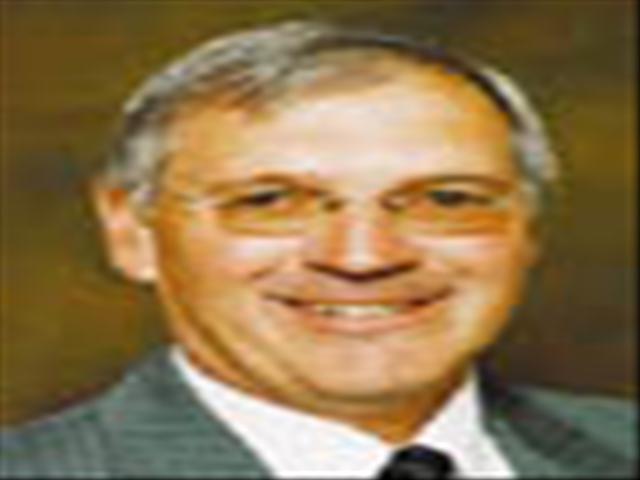
Dr. AJ Schoonwinkel
|
For his central role, as General Manager: Financial and Information Management, in developing and refining the financial management function and systems as well as investment practices of the UFS. |
|
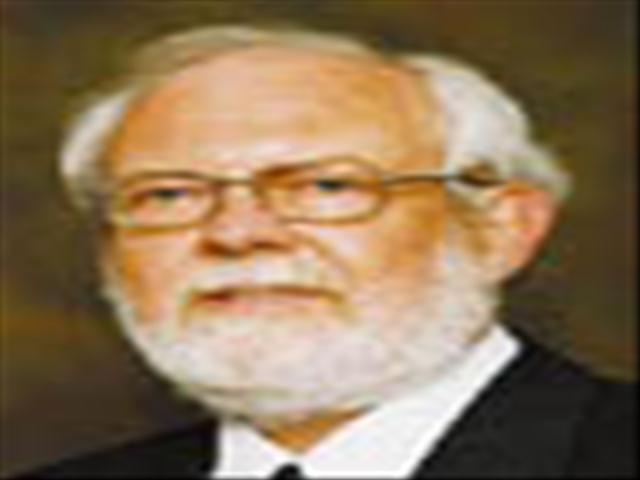
Prof. MT Seaman
|
For his widely recognised expert leadership and initiatives in developing the teaching and research profile as well as financial sustainability of the Centre for Environmental Management. |
|
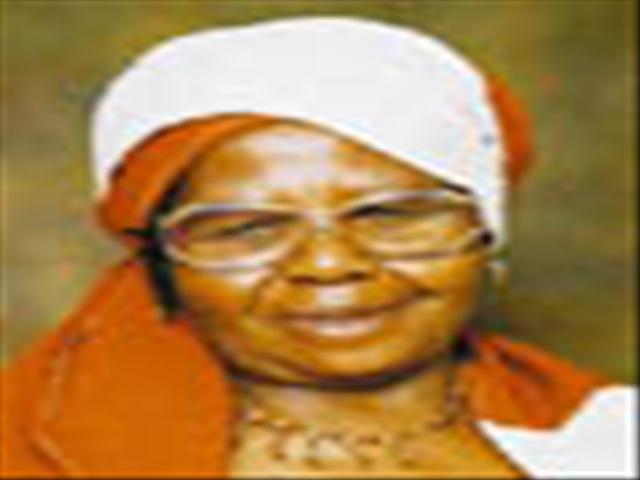
Me JSK Sebothe
|
For her outstanding contribution, over a long period, to the establishment of a culture of service and the improvement of the quality of the accommodation services and facilities at the University. |
| Mr. IT Seshupo |
For his pioneering work with regard to labour relations in the founding years of trade unions, as well as in the Human Resources Department. |
|
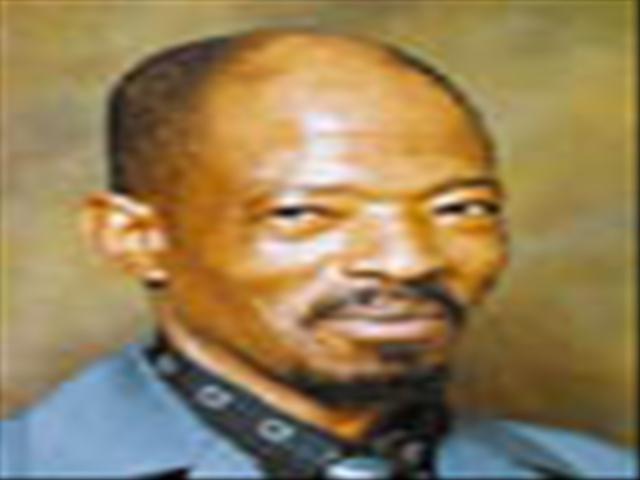
Mr. MS Shamane
|
For her pioneering role in respect of labour relations, in trade union context, as well as her role as champion of workers’ interests with a balanced grasp for management realities in the difficult staff reduction process of 2000 as well as the Qwaqwa alignment process. |
| Prof. CF Slabber |
For his leadership role and outstanding contribution, as academic and as Dean, to the development of the Faculty of Medicine into one of the best in the country. |
|
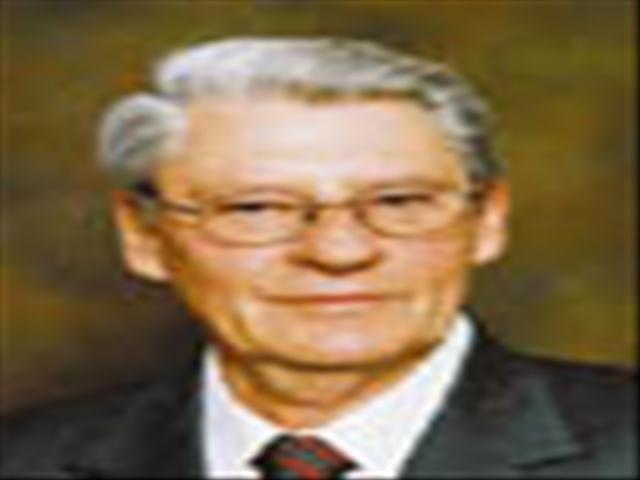
Prof. JGC Small
|
For his research record and contribution, as widely recognised botanist and later as Dean and Vice-Rector: Academic, to academic excellence, academic innovational and transformation management. |
|
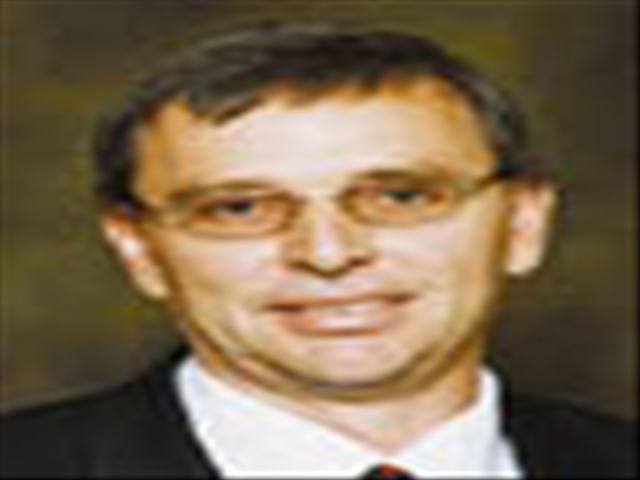
Prof. A van A Smit
|
For his widely recognised unique expertise and key role in the stimulation, careful planning, good evaluation and successful establishment of entrepreneurial activities at the UFS. |
|
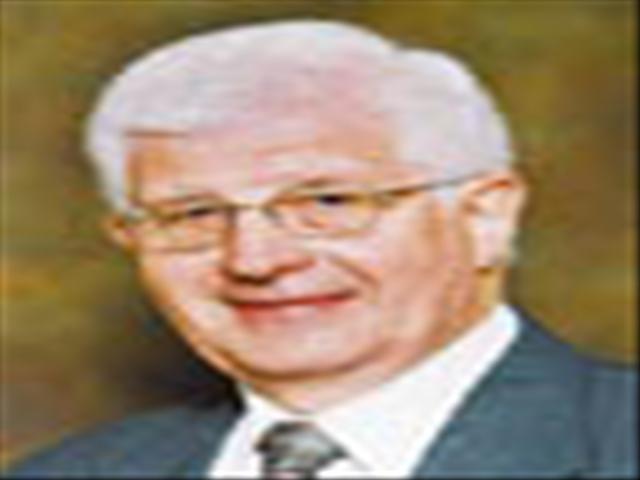
Prof. AH Snyman
|
For his positive leadership in the Faculty of Arts in a difficult rationalisation phase, and his outstanding dedication, calmness and human-centred approach to management. |
|
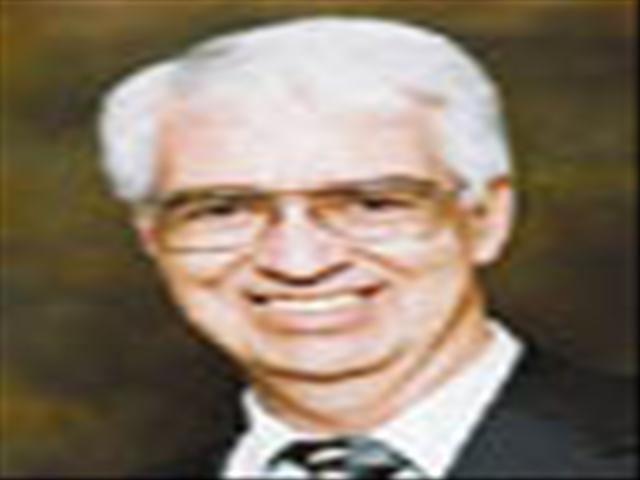
Prof. DFM Strauss
|
For his research record and outstanding contribution, as Distinguished Professor in Philosophy and internationally renowned expert in the Reformational tradition, to academic excellence and the international research stature of the UFS. |
|
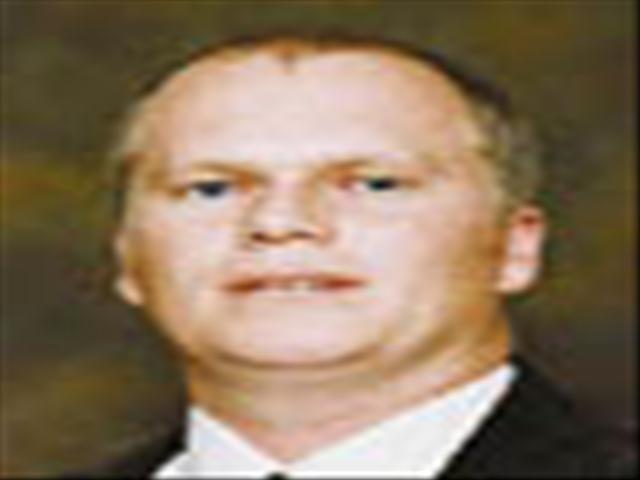
Mr. PME Strauss
|
For his outstanding contribution as one of the student leaders who, with the Student Transformation Forum (STF), kept student transformation on course by means of wise compromises. |
|
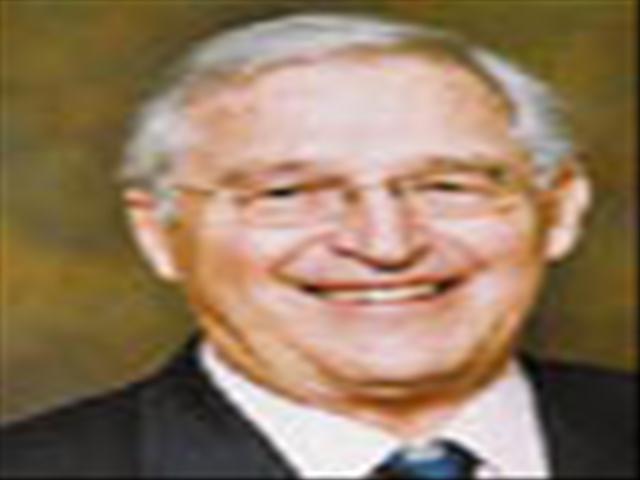
Mr. S Strydom
|
For his outstanding contribution, as sports administrator, to the development of Kovsie Sport, effective sport organisation, coaching and facilities at the UFS. |
|
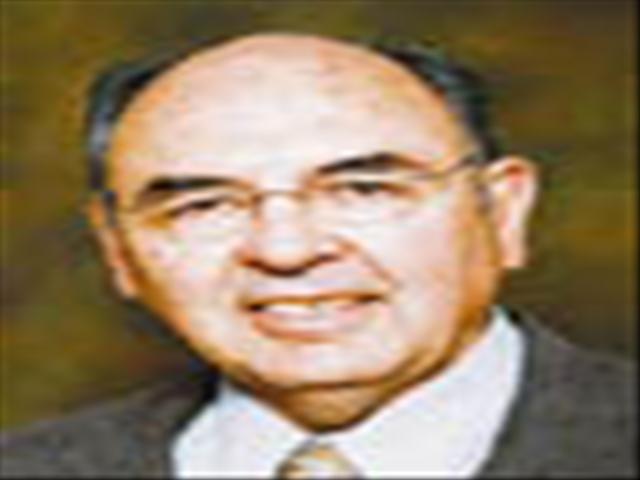
Prof. AH Strydom
|
For his pioneering role, as Distinguished Professor, in establishing and developing higher education studies and research, as well as his tireless enthusiasm for the constructive transformation of higher education and the empowerment of women and black persons. |
|
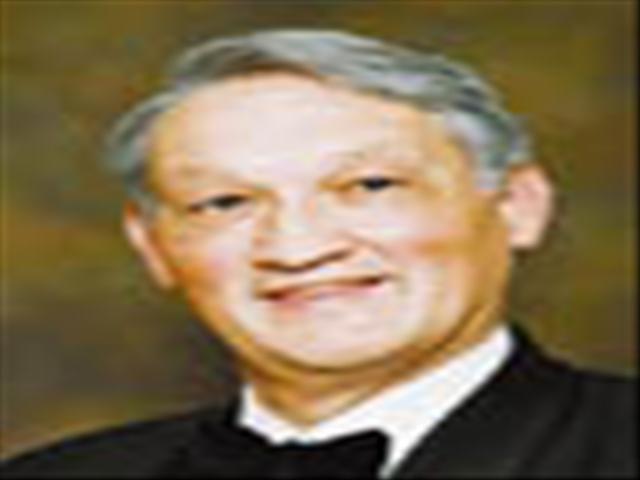
Prof. AA Stulting
|
For his central role and initiatives in teaching, research and community engagement in Ophthalmology, including the establishment of the eye clinic. |
| Prof. C Swanepoel |
For his large contribution to the development of the Department of Music, musicology and church music, the national profile of the University choir, as well as the Free State Symphony Orchestra. |
|
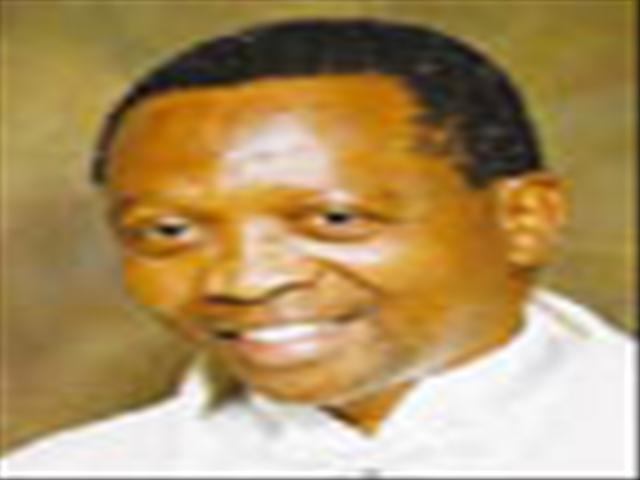
Mr. IN Tau
|
For his outstanding contribution to the establishment of a culture of service and the improvement of the quality of the library. |
|
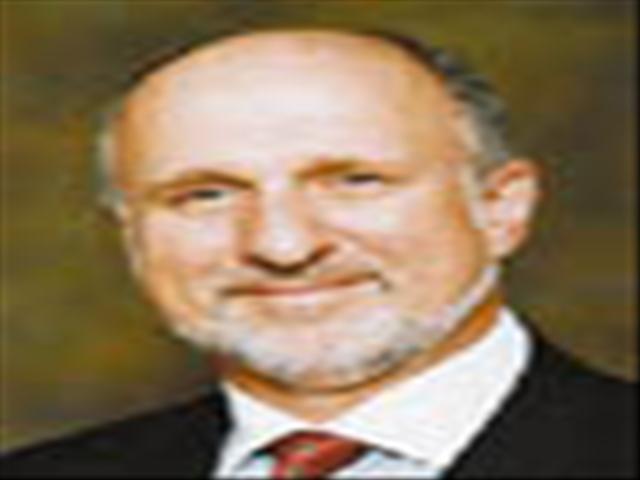
Mr. WA Theron
|
For his dynamic role in mobilising alumni across the country, but particularly in the Gauteng area, whereby the Kovsie Alumni Trust was also developed strongly. |
|
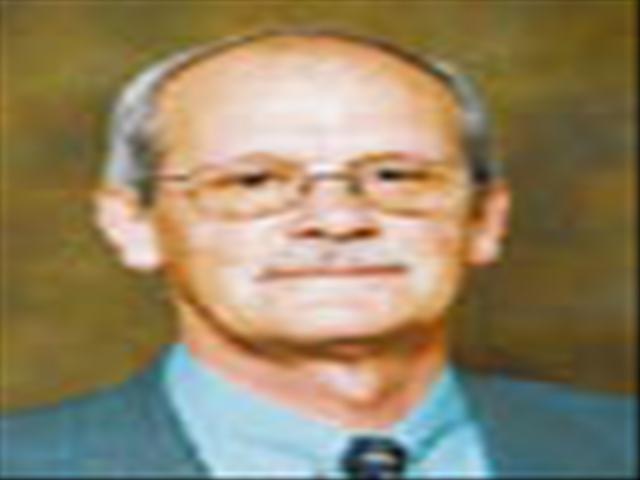
Mr. D Uys
|
For his role, as a member of the core team that established the modern administration of the UFS from the 1960s, in establishing the human resource function and division. |
|
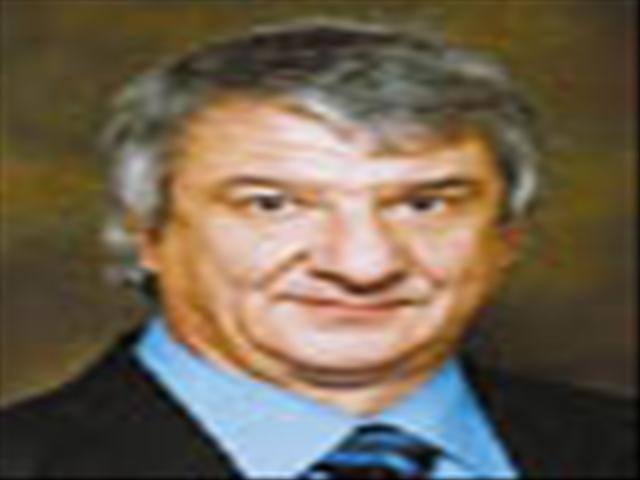
Prof. JG van As
|
For his outstanding initiatives, research record and contribution to academic excellence in parasitology at the UFS, obtaining contract research funds and exceptional national and international publicity for the UFS. |
|
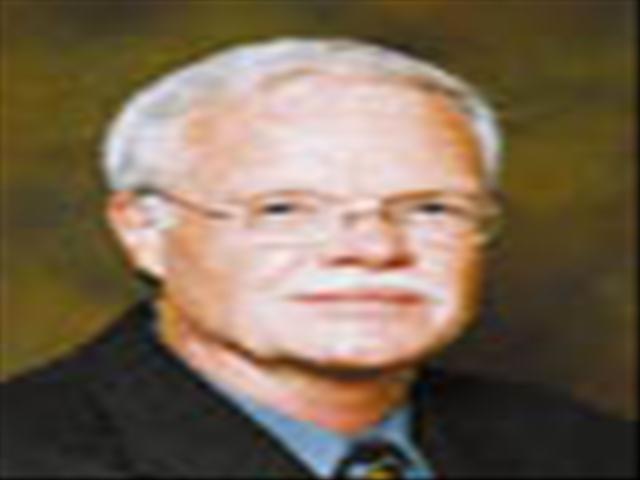
Prof. HP van Coller
|
For his exceptional research record and contribution, as Distinguished Professor with an extensive international network, to the fields of Afrikaans and Theory of Literature at the UFS. |
|
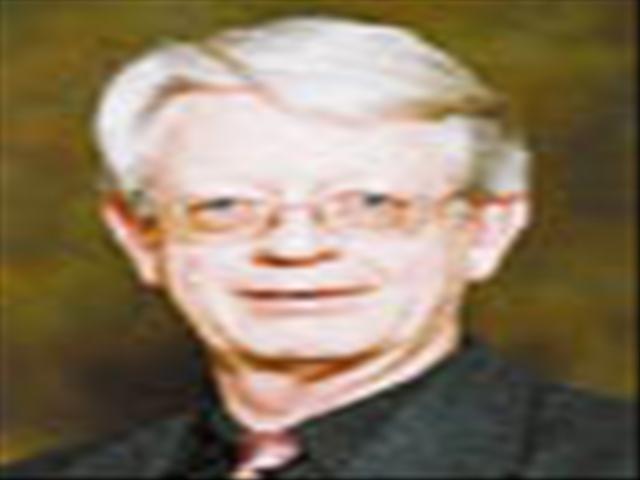
Prof. DJ van den Berg
|
For his excellent research and contribution to academic excellence in History of Art, as well as his sustained high-quality contribution to the UFS’s academic publication service and journals. |
|
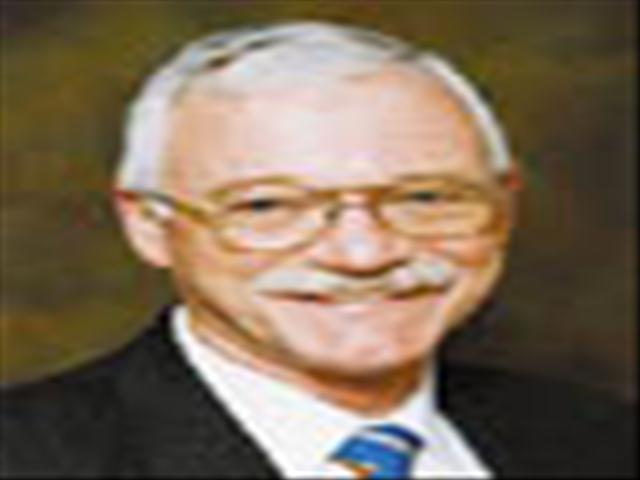
Mr. A van der Bijl
|
For his outstanding role, as a member of the core team that established the modern administration of the UFS from the 1960s, in establishing the finance function, and later the expert development of sophisticated financial management and budgeting systems. |
|
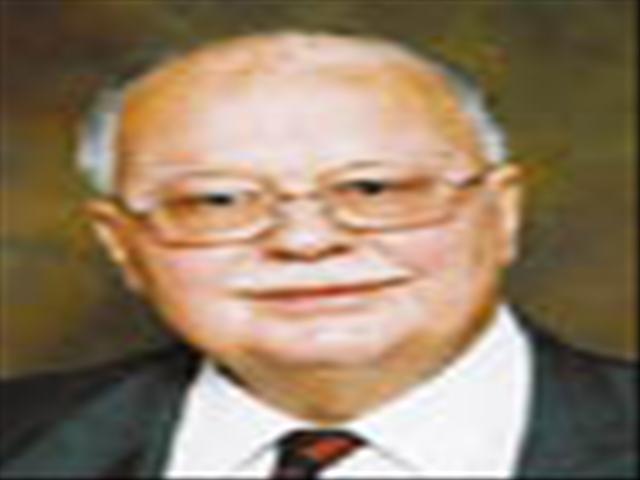
Mr. CHP van der Post
|
For his valuable contribution, as Council member, to the development of fund-raising at the UFS. |
| Mr. JH van Deventer |
For his exceptional role, as Council member and editor of Volksblad, in initiating and establishing the Matriculant of the Year competition, an important asset in the UFS’s marketing actions. |
|
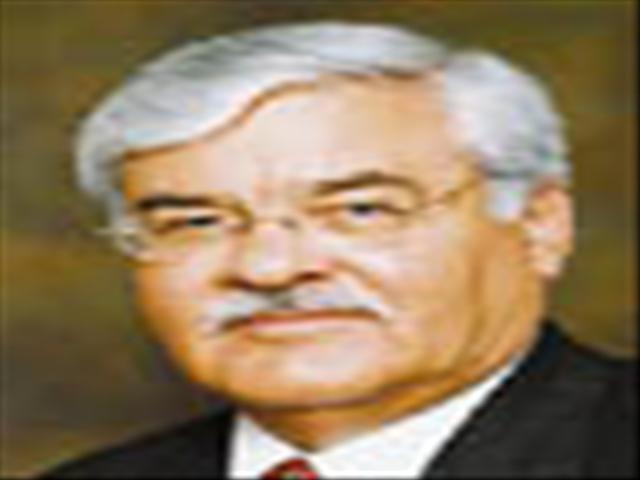
Prof. HC Janse van Rensburg
|
For his contribution to academic excellence, solution oriented research as well as academic entrepreneurship by establishing and developing the Centre for Health Systems Research and Development into an internationally recognised research centre. |
|
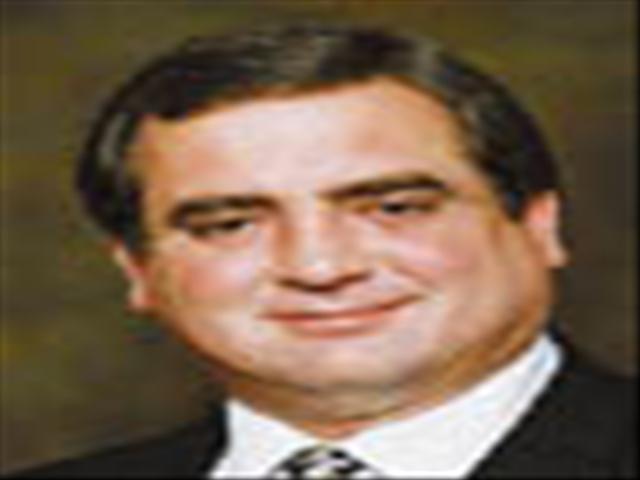
Prof. HD van Schalkwyk
|
For his academic entrepreneurship in developing the Department of Agricultural Economics into a widely recognised centre of excellence, high-quality contract research and financial self-support. |
|
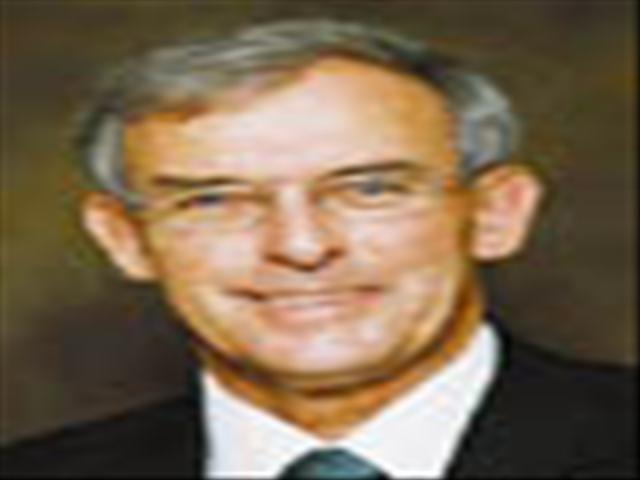
Prof. JH van Schalkwyk
|
For his widely recognised expert contribution, over a period of more than 25 years, to the establishment and development of Law of Succession and Estate Law at the UFS, as well as the management and development of the Department of Private Law. |
| Prof. MCE van Schoor |
For his outstanding support and role, as chair of the Library Committee, in planning and modernising the UFS’s library facilities and services, as well as his national profile as esteemed historian. |
|
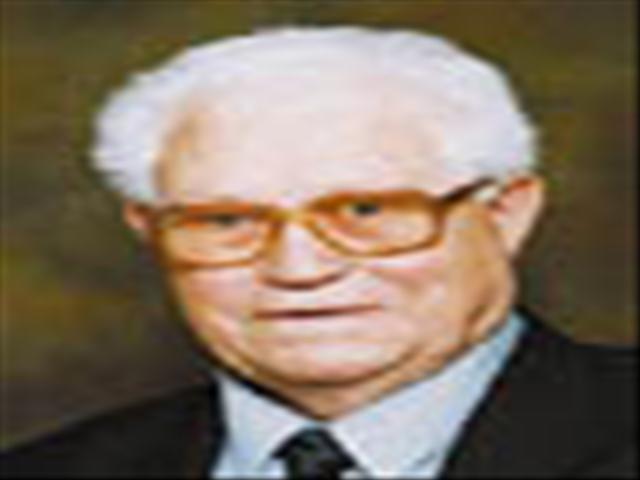
Prof. CB van Wyk
|
For his large contribution, over a long period, as academic and later Dean, to the development of the capacity and quality of the Faculty of Natural Sciences. |
|
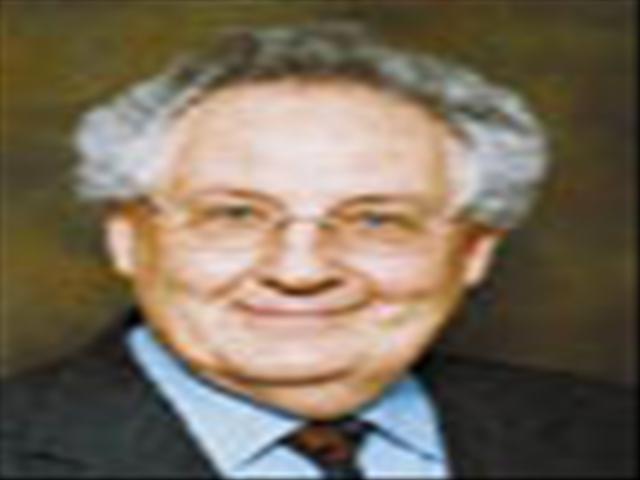
Prof. GN van Wyk
|
For his leadership and thoroughness, as Dean, in developing academic excellence in the Faculty of Natural Sciences, and his renewing management in forming and establishing the new Faculty of Natural and Agricultural Sciences. |
|
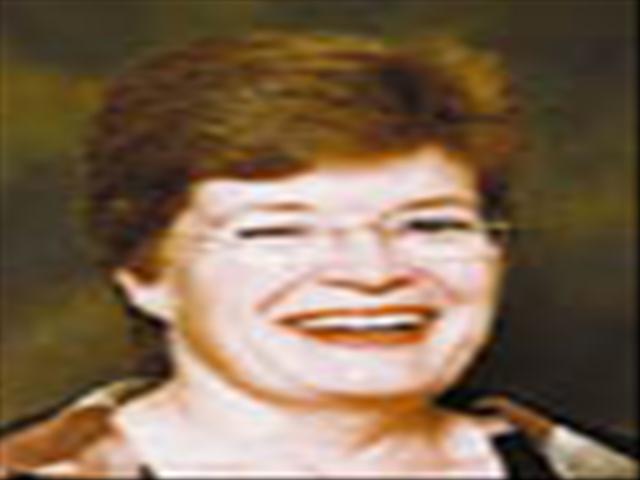
Prof. H van Zyl
|
For her outstanding role as a member of the turn-around team which turned the financial position of the UFS around and created a sustainable basis for academic growth, as well as her pioneering role as a woman a senior management position at the School of Management. |
|
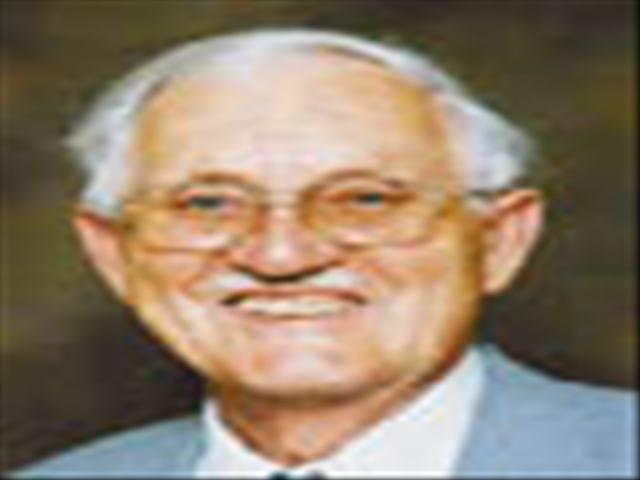
Prof. D Vermaak
|
For his pioneering work in transformation through his initiatives, during the apartheid era, to empower education officials, teachers and postgraduate students from disadvantaged communities in South Africa. |
|
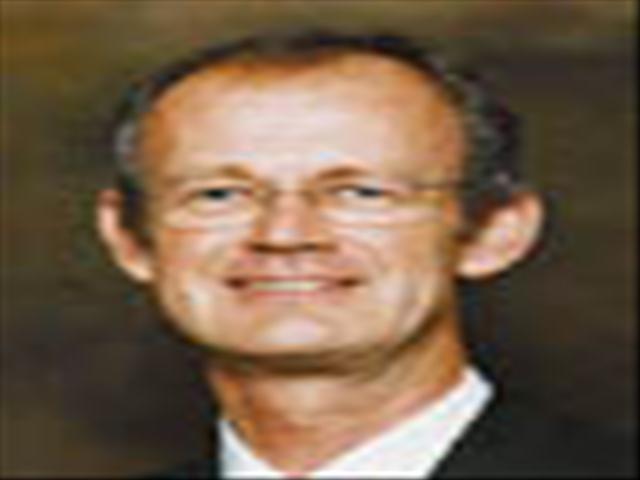
Prof. T Verschoor
|
For his pioneering role in managing diversity at student level, and the courage with which he, as Dean of Students and a member of the transformation team, helped change the UFS from a mainly mono cultural campus to a leader in transformation. |
|
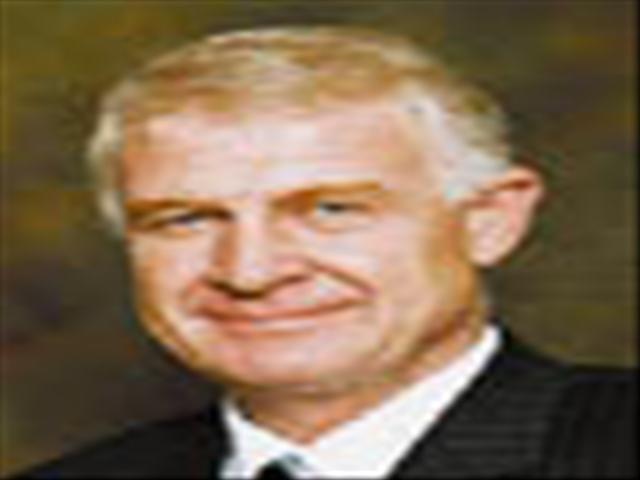
Prof. JJP Verster
|
For his contribution to academic excellence and initiatives regarding research, the establishment of the journal Acta Structilia, the Centre for Construction Entrepreneurs and distance teaching in professional degrees. |
| Mr. H Verster |
For his role as leader in the significant development and professionalisation of the public relations and fund-raising functions at the UFS, as well as his role as joint founder of Kovsie Alumni Trust. |
|
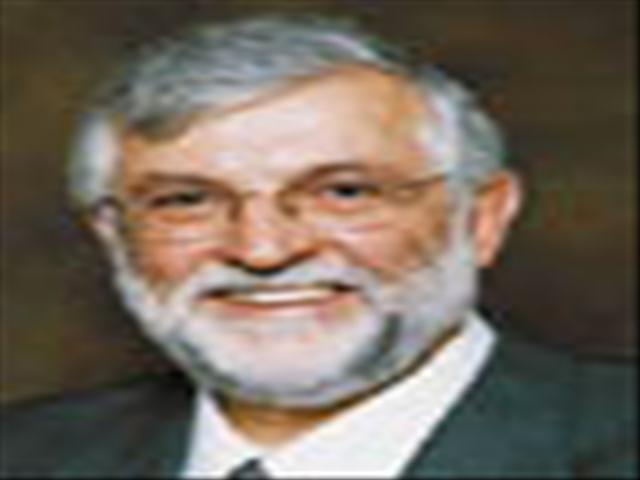
Prof. DA Viljoen
|
For his strategic role as a member of the turn-around team which turned the financial position of the UFS around and created a sustainable basis for academic growth, as well as his key role in establishing management training and a School of Management at the UFS. |
|
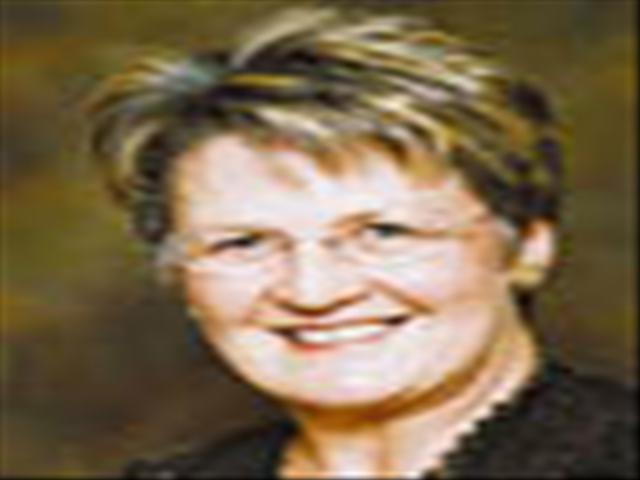
Prof. MJ Viljoen
|
For her pioneering work as a team member in the establishment of the MUCPP, as well as her leadership and contribution, as a woman in a senior management position, to academic innovation in Nursing and community health at the UFS and in South Africa. |
|
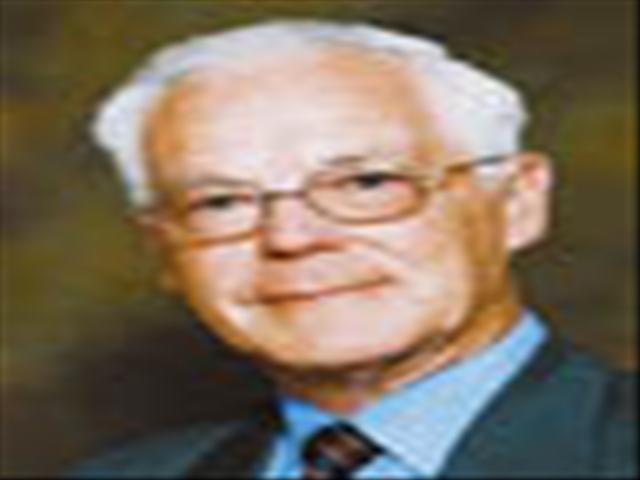
Prof. PE Viljoen
|
For his long and sustained contribution to the development of the Department of Physics from a position of vulnerability to a strong centre of expertise and research in surface physics. |
|
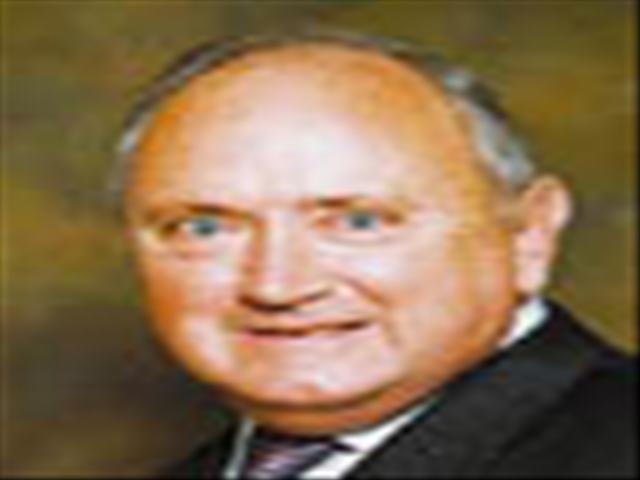
Prof. RA Viljoen
|
For his dedicated service and leadership as Dean of the Faculty of Social Sciences and the key role that he, as Deans’ representative, played in respect of strategic matters as well as rationalisation processes at the UFS. |
| Prof. KUT von Delft |
For his research and outstanding contribution to academic excellence in the field of German at the UFS, as well as his contribution to academic management, quality and integrity at the UFS. |
| Prof. DJV Weich |
For his strong role and national profile in establishing and developing Internal Medicine as a discipline at the UFS. |
|
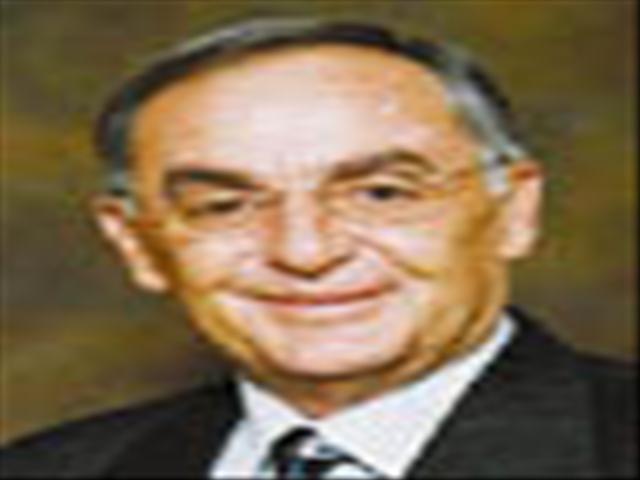
Prof. SJ Wessels
|
For his key contribution, during the vulnerable establishment phase of the MUCPP, whereby he made ideas become sustainable realities through dedicated and patient community liaison work. |
|
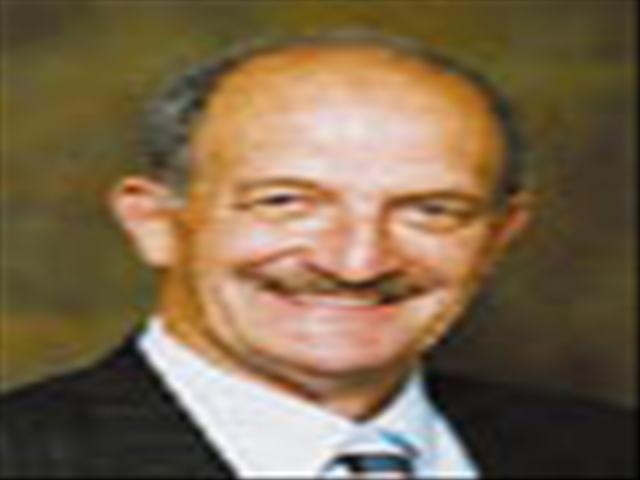
Prof. PI Wilke
|
For his positive leadership and effective management as Dean of the Faculty of Agriculture, creating space for departments to grow, as well as his many Africa initiatives. |